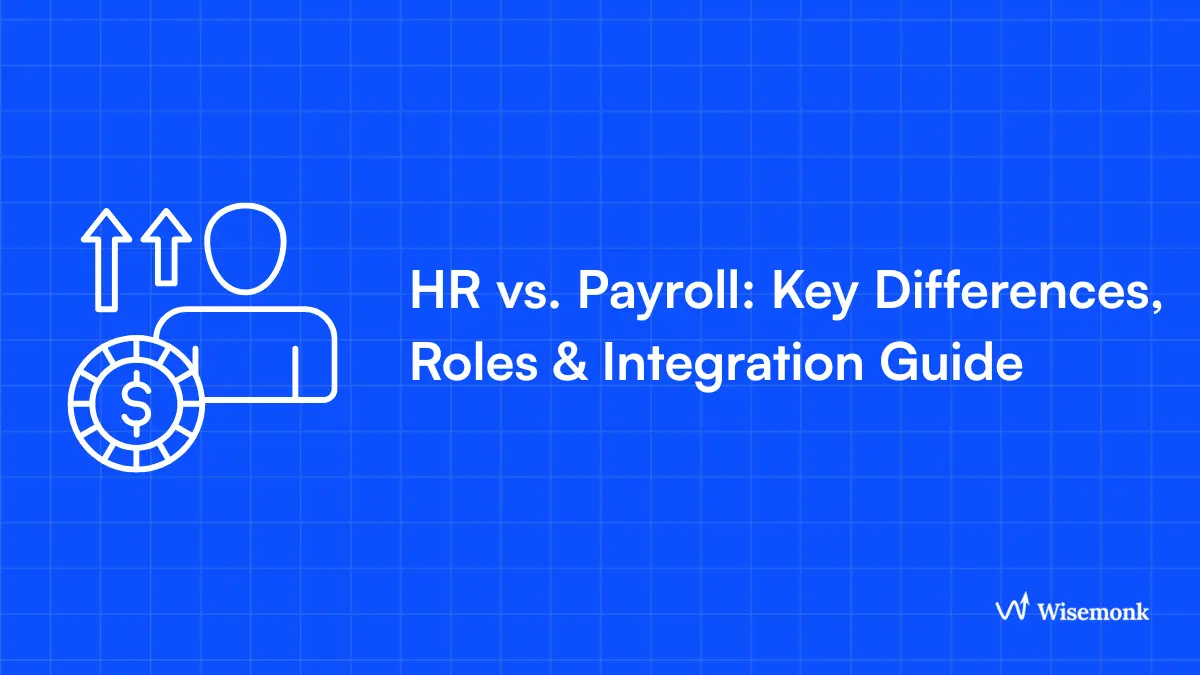- Healthcare BPO improves efficiency by outsourcing administrative tasks, allowing providers to focus on patient care.
- Outsourcing reduces costs, utilizing offshore vendors for tasks like billing, medical coding, transcription, HR, and payroll.
- BPO providers offer expertise and specialized skills that save time and improve accuracy.
- Outsourcing enables healthcare organizations to scale services according to demand without incurring additional overhead.
The complexity of managing healthcare processes can overwhelm internal teams. From billing and claims to customer support and transcription, each function presents its own set of challenges. This is especially true when dealing with compliance and scalability issues.
Healthcare BPO services offer a practical solution by outsourcing these non-core functions to specialized service providers.
According to the latest data from MarketsandMarkets, the global healthcare BPO market is experiencing robust growth, with a projected market size of $694.3 billion by 2030, growing at a CAGR of 10.7% from 2025 to 2030.
In this blog, we will explore the key services and trends shaping the healthcare BPO industry. We’ll look at how these services can help healthcare providers enhance operational efficiency, reduce costs, and ensure compliance.
What is Healthcare BPO?
Healthcare Business Process Outsourcing (BPO) means contracting external specialists to handle non-clinical tasks like billing, coding, and customer service, enabling healthcare facilities to focus on patient care.
Benefits of BPO in Healthcare
Outsourcing non-clinical tasks through healthcare BPO provides numerous advantages for healthcare organizations. By relying on external vendors, healthcare providers can reduce costs, improve focus on patient care, and enhance overall efficiency. Here are some key benefits:
- Cost Savings: Outsourcing reduces operational expenses by utilizing vendors with lower labor costs, especially from offshore locations.
- Improved Focus on Patient Care: Delegating administrative tasks allows healthcare professionals to prioritize patient care and enhance service quality.
- Access to Expertise: BPO providers bring specialized knowledge and industry best practices, eliminating the need for extensive in-house training.
- Scalability: BPO services can easily be scaled up or down based on demand, providing flexibility as needs change.
- Compliance Assurance: Providers help ensure adherence to healthcare regulations, such as HIPAA, reducing the risk of compliance issues.
- Improved Efficiency: Streamlining processes through outsourcing leads to faster, more efficient operations across administrative functions.
These benefits highlight how BPO can significantly improve the efficiency and quality of healthcare operations.
Now, let’s explore how BPO specifically helps in managing the healthcare process more effectively.
How BPO Enhances the Management of Healthcare Processes

BPO plays a key role in managing healthcare processes by outsourcing administrative and non-medical tasks to specialized third-party vendors. These vendors handle various functions, such as processing medical information and managing communication with patients through digital channels like email, chat, or phone calls. Here’s how BPO enhances healthcare operations:
- Streamlined Administrative Tasks: Outsourcing tasks like coding, billing, and transcription helps healthcare organizations manage operations efficiently without burdening in-house teams.
- Improved Data Security and Accuracy: Reputable BPO providers ensure the accuracy and security of patient data, meeting strict healthcare compliance standards.
- Cost Efficiency: Healthcare BPO providers offer flexible pricing models that help organizations optimize costs without sacrificing service quality.
- Technology Integration: BPO providers use advanced technologies such as AI and automation to streamline processes, improve efficiency, and reduce the likelihood of errors in healthcare operations.
- Better Patient and Customer Experience: With the support of advanced technology and analytics, BPO vendors enhance the overall customer and patient experience, ensuring smooth communication and service delivery.
Although healthcare BPO does not involve clinical treatment, it manages administrative functions efficiently, freeing medical staff to concentrate on patient care.
Which Healthcare Processes Can Be Outsourced?
Healthcare organizations can outsource a variety of administrative and support functions to improve efficiency and reduce costs. Outsourcing non-clinical tasks allows providers to focus more on patient care while ensuring that experts handle essential processes.
Let’s explore the key healthcare processes that can be outsourced.
1 Medical Coding & Billing
Medical coding and billing are crucial functions in healthcare that can be efficiently outsourced to BPO providers. These tasks require accuracy and attention to detail to ensure proper reimbursement for services rendered. Outsourcing medical coding and billing helps healthcare organizations streamline their financial processes and avoid costly errors. Here’s how outsourcing these tasks benefits healthcare providers:
- Accuracy: Skilled BPO providers ensure correct coding for diagnoses, treatments, and procedures, reducing the risk of billing errors and claims rejections.
- Compliance: Outsourcing ensures adherence to industry regulations, such as HIPAA, and helps maintain compliance with coding standards like ICD-10 and CPT.
- Cost Efficiency: BPO providers handle medical coding and billing at a lower cost than in-house teams, allowing organizations to allocate resources elsewhere.
- Faster Processing: Outsourcing speeds up the billing process, ensuring quicker claim submissions and faster reimbursement.
- Reduced Administrative Burden: With outsourced billing and coding, healthcare providers can focus more on patient care rather than complex administrative tasks.
Outsourcing these processes helps healthcare organizations improve financial accuracy and optimize revenue cycles.
2 Processing Claims
Claims processing is a critical part of the healthcare industry, ensuring that healthcare providers are paid for the services they render. Delays in processing claims can result in delayed reimbursements, affecting cash flow. Outsourcing this process helps ensure accuracy and efficiency, especially when handling large volumes of claims. Here’s how outsourcing claims processing benefits healthcare organizations:
- Claims Submission: BPO providers handle the submission of claims to insurance companies, ensuring timely and accurate submissions.
- Claims Review: They perform thorough reviews of submitted claims to detect errors or discrepancies before they are processed.
- Denial Management: Outsourcing includes handling denied claims, identifying issues, and resubmitting claims for proper reimbursement.
- Payment Posting: BPO providers track payments and post them accurately to patient accounts, ensuring correct financial records.
- Insurance Verification: They verify patient insurance coverage before service provision to prevent claim rejections.
- Compliance Management: Ensures that claims adhere to healthcare regulations and insurance requirements, reducing legal risks.
By outsourcing claims processing, healthcare providers can improve efficiency and cash flow while maintaining the accuracy of their claims.
3 Data Entry
Data entry is a time-consuming but essential task in healthcare that can be outsourced to streamline operations. Accurate data entry is critical for maintaining patient records, billing information, test & lab reports,and insurance details. By outsourcing this function, healthcare providers can ensure accuracy and save valuable time for their staff. Here’s how outsourcing data entry can benefit healthcare organizations:
- Increased Accuracy: Professional BPO providers ensure that all data is entered correctly, reducing the risk of errors.
- Time Savings: Outsourcing allows healthcare teams to focus on patient care instead of spending time on manual data entry.
- Cost Reduction: Hiring external vendors for data entry is often more cost-effective than maintaining in-house staff.
- Improved Efficiency: BPO providers use advanced systems to handle large volumes of data quickly, improving overall workflow.
- Scalability: Outsourcing provides the flexibility to scale data entry operations according to demand, whether for short-term or long-term needs.
Outsourcing data entry ensures that healthcare organizations can maintain high levels of accuracy and efficiency in their administrative processes.
4 Telehealth
Telehealth has become a popular alternative to in-person visits, especially due to its convenience and safety. Many patients, particularly millennials and Gen Z, prefer remote consultations, and this trend is expected to continue. Outsourcing telehealth services allows healthcare providers to manage basic care remotely, freeing up staff to focus on more critical tasks.
Here’s how outsourcing telehealth services benefits healthcare organizations:
- Remote Consultations: Allows healthcare professionals to provide consultations via video calls, phone calls, or messaging.
- Appointment Scheduling: Outsourced teams can manage and schedule telehealth appointments efficiently.
- Prescription Management: Telehealth services can include remote prescription services, ensuring patients receive necessary medications.
- Patient Monitoring: Outsourced teams can help with continuous monitoring of patient health data through connected devices.
- Follow-Up Care: Provides a way for healthcare providers to manage follow-up consultations and check-ins after treatments or procedures.
By outsourcing telehealth, healthcare providers can enhance patient care while focusing on in-person services for more critical cases.
5 Medical Transcription
Medical transcription involves converting audio recordings from healthcare providers into written text, ensuring that patient records are accurately documented. Outsourcing this function helps healthcare organizations maintain high levels of accuracy while saving time on administrative tasks.
Here’s what medical transcription services typically include:
- Voice-to-Text Conversion: Transcribing dictated notes from physicians and other healthcare providers into written format.
- Patient Record Documentation: Creating detailed and accurate patient records based on recorded medical consultations.
- Medical Reports: Transcribing reports such as discharge summaries, operative reports, and diagnostic test results.
- Clinical Notes: Converting audio-based clinical notes into structured, readable documents for proper record-keeping.
- Formatting & Editing: Ensuring that transcribed documents are properly formatted, error-free, and compliant with healthcare regulations.
Outsourcing medical transcription helps healthcare organizations streamline documentation, improve accuracy, and save valuable time for their clinical staff.
6 Human Resources (HR) & Payroll Management
Outsourcing Human Resources (HR) functions allows healthcare organizations to streamline their administrative processes while focusing on patient care. By delegating HR tasks, healthcare providers can manage staffing, payroll, and compliance more efficiently, ensuring that their operations run smoothly.
Here’s what HR outsourcing in healthcare typically includes:
- Recruitment & Staffing: Managing the hiring process, including sourcing, screening, and onboarding healthcare professionals.
- Payroll & Benefits Administration: Handling employee compensation, benefits, and tax filings in compliance with healthcare regulations.
- Compliance Management: Ensuring adherence to labor laws, healthcare industry standards, and other regulatory requirements.
- Employee Training & Development: Organizing training programs for new hires and ongoing professional development for staff.
- Performance Management: Overseeing employee performance evaluations, feedback, and improvement plans.
By outsourcing HR functions, healthcare organizations can reduce administrative burdens and focus on providing high-quality patient care.
What Are the Pros of Healthcare Outsourcing?

Healthcare outsourcing offers numerous benefits that help organizations improve efficiency, reduce costs, and enhance patient care. By delegating non-core functions to specialized service providers, healthcare providers can streamline operations and focus on their primary mission—delivering high-quality care.
Here are some key pros of healthcare outsourcing:
- Focus on Patient Care: Outsourcing non-core tasks allows you to concentrate on providing high-quality care without the distraction of administrative duties.
- Ensure Compliance: Healthcare organizations must handle sensitive data and follow strict regulations. A BPO provider helps maintain compliance and protects patient information.
- Reduce Overhead Costs: Outsourcing administrative functions cut labor and operational expenses, helping you save significantly on overhead costs while improving efficiency.
- Access to Expertise: Providers benefit from the specialized skills and knowledge of third-party vendors, ensuring high-quality services.
- Scalability: Outsourcing enables healthcare organizations to quickly scale their operations up or down based on demand, eliminating the need to hire additional in-house staff.
- Enhanced Compliance: Reputable outsourcing partners ensure that services are in line with healthcare regulations and industry standards.
- Faster Service Delivery: By outsourcing time-consuming tasks, healthcare providers can speed up operations, improving overall service delivery
Healthcare Outsourcing Trends
Several key trends are set to shape healthcare outsourcing in 2025 and beyond, driven by technological advancements and market demands.
1. Telehealth Expansion
Telehealth outsourcing continues to grow, with the healthcare BPO market expected to reach USD 651.17 billion by 2030 at a CAGR of 9.82%, driven by increased demand for remote care.
2. AI and Automation Adoption
AI and automation are becoming crucial for managing healthcare data and improving operational efficiency as digital health solutions expand.
3. Niche Specialization
BPO providers are focusing on specialized services like clinical process outsourcing and Revenue Cycle Management (RCM) to meet complex healthcare needs.
4. Enhanced Cybersecurity
As cyber threats grow, healthcare outsourcing providers are prioritizing stronger cybersecurity measures to protect sensitive patient data.
5. Outcome-Based Models
Outsourcing partnerships are shifting to outcome-based models, where providers are compensated based on improvements in patient outcomes and cost efficiency.
6. Globalization of Outsourcing
Healthcare organizations are expanding outsourcing networks globally to reduce costs while ensuring quality and regulatory compliance.
7. Value-Based Partnerships
Value-based partnerships are increasing, aligning outsourcing providers' compensation with the outcomes they deliver, driving better patient care and cost savings.
These trends highlight the growing importance of technology, specialization, and performance-based models in transforming healthcare outsourcing.
Wrapping Up
In conclusion, healthcare outsourcing can greatly improve operational efficiency, reduce costs, and enhance the quality of patient care. By delegating non-core tasks to experts, healthcare providers can focus on their primary goal—delivering excellent care. The benefits of outsourcing, from compliance assurance to cost savings, make it an invaluable strategy for healthcare organizations.
In managing an overseas workforce, how do you navigate complex labor laws, ensure compliance, and handle cross-border payroll? The answer lies in partnering with Wisemonk’s Employer of Record (EOR) services. Wisemonk simplifies global workforce management by taking care of compliance, payroll, recruitment, and operations, allowing you to focus on your core business.
Ready to streamline your healthcare operations? Explore our pricing and contact us today to see how Wisemonk can support your global workforce needs. Let’s make outsourcing work for you!
Frequently asked questions
What is healthcare BPO?
Healthcare BPO involves outsourcing non-clinical administrative tasks like billing, coding, transcription, and customer service to third-party vendors to improve efficiency and reduce costs.
What are the benefits of healthcare BPO?
Healthcare BPO offers cost savings, improved efficiency, better compliance, and access to specialized expertise, allowing healthcare providers to focus on patient care and streamline operations.
What are the 3 types of BPO?
The three types of BPO are Front Office BPO (customer service), Back Office BPO (data entry), and Knowledge Process Outsourcing (KPO), like medical coding and billing.
How does healthcare outsourcing improve patient care?
Outsourcing administrative tasks allows healthcare providers to focus on patients, ensuring that critical healthcare services are prioritized while specialists efficiently manage non-core functions.
What healthcare processes can be outsourced?
Common outsourced healthcare processes include medical coding, billing, transcription, claims processing, telehealth, data entry, and HR functions, allowing healthcare providers to focus on care delivery.
Is outsourcing healthcare processes cost-effective?
Yes, outsourcing healthcare processes is cost-effective, as it reduces operational costs, enhances productivity, and enables healthcare providers to leverage specialized expertise at a lower cost.
What are four examples of BPO services?
Common BPO services include customer support, payroll processing, IT services, and accounting.



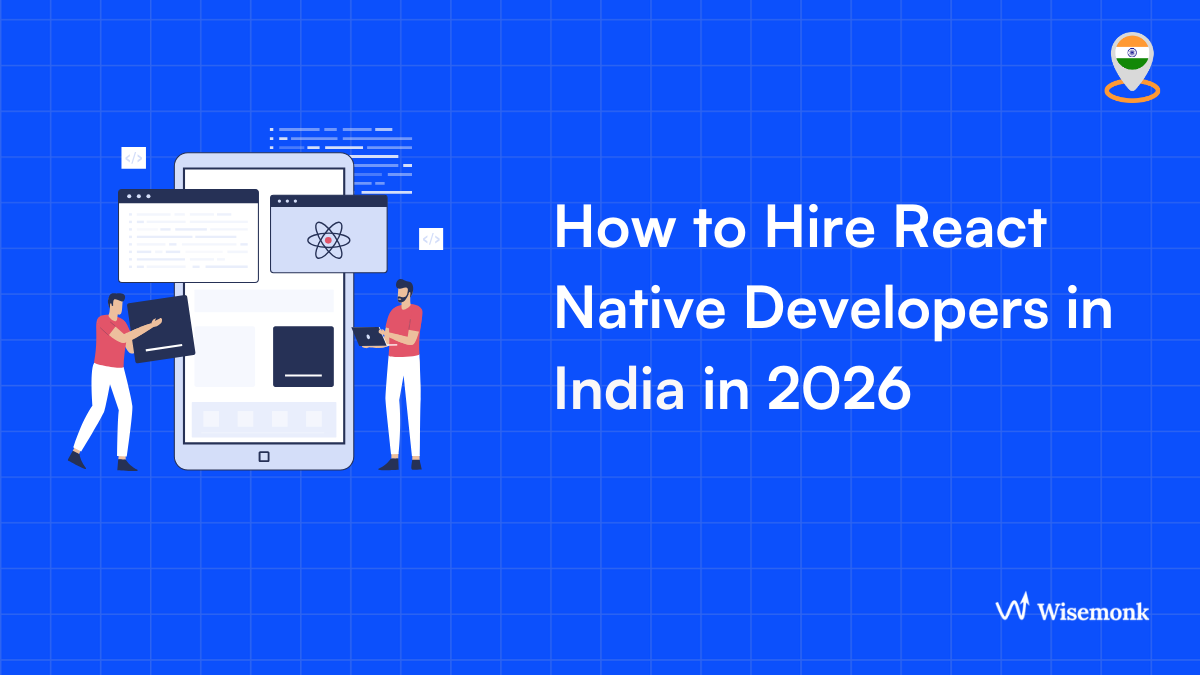
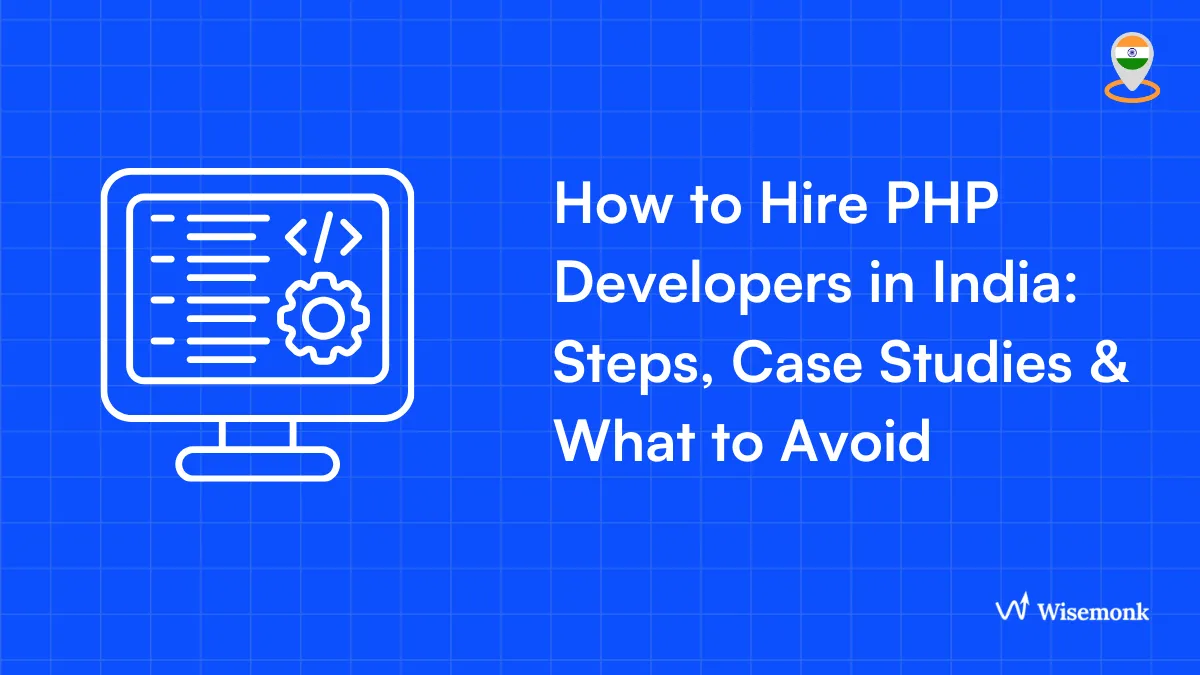
.webp)
.webp)

.webp)
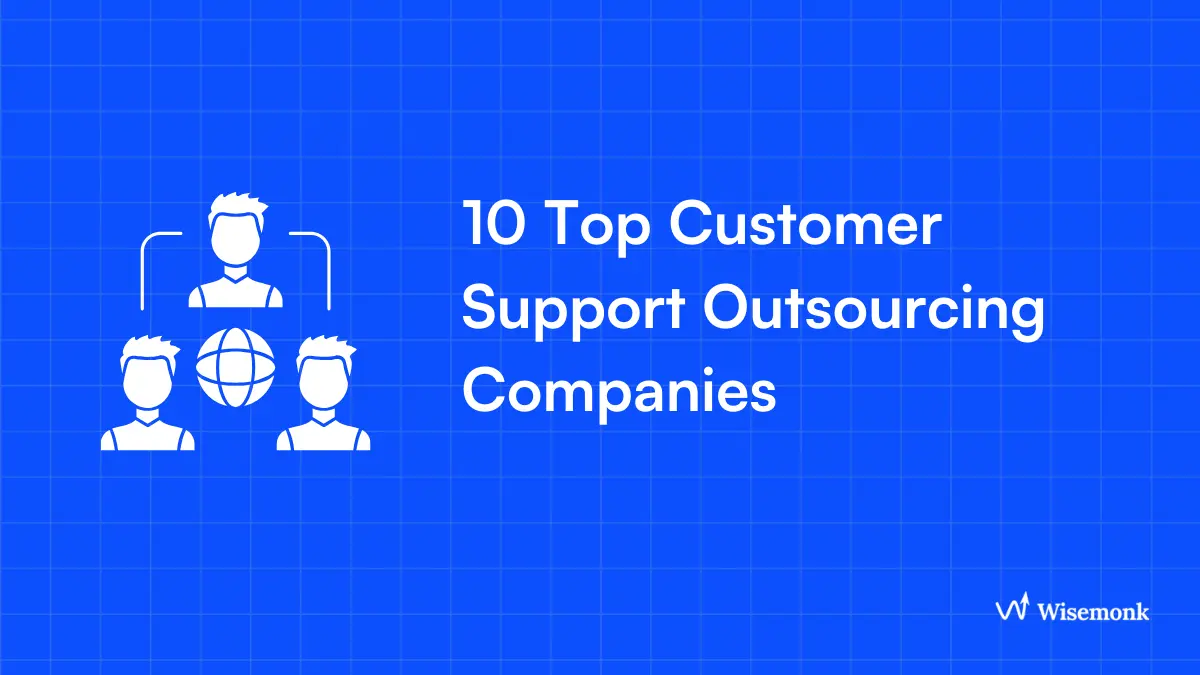
.webp)

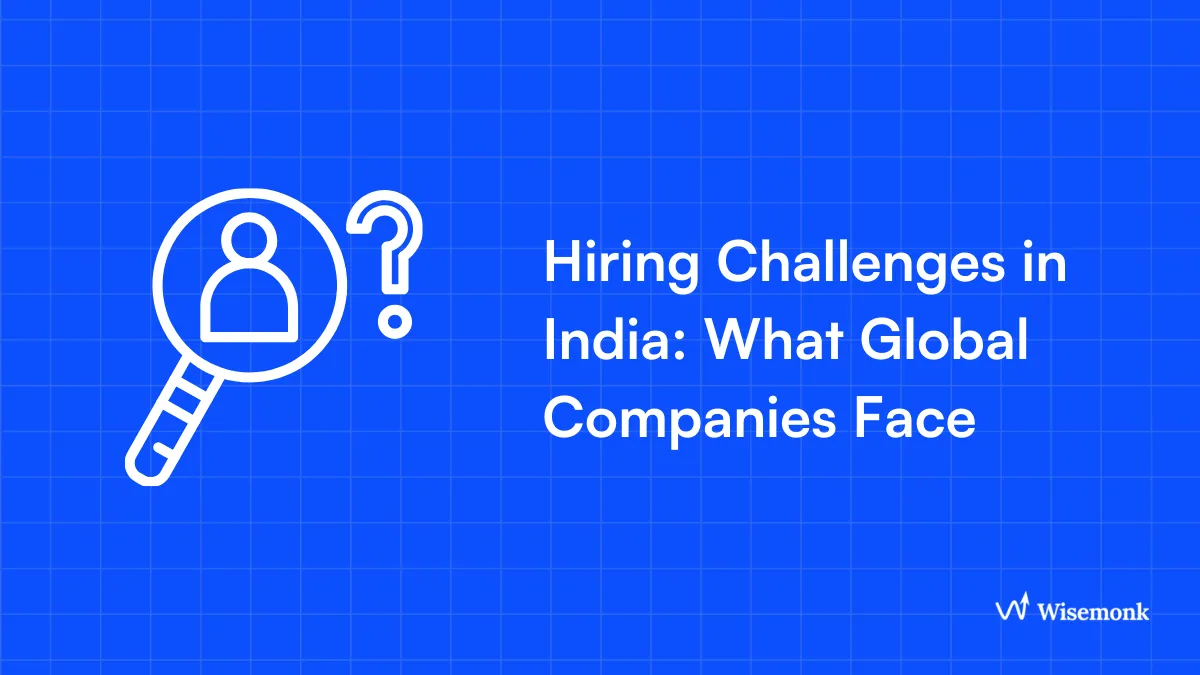

.webp)
.webp)
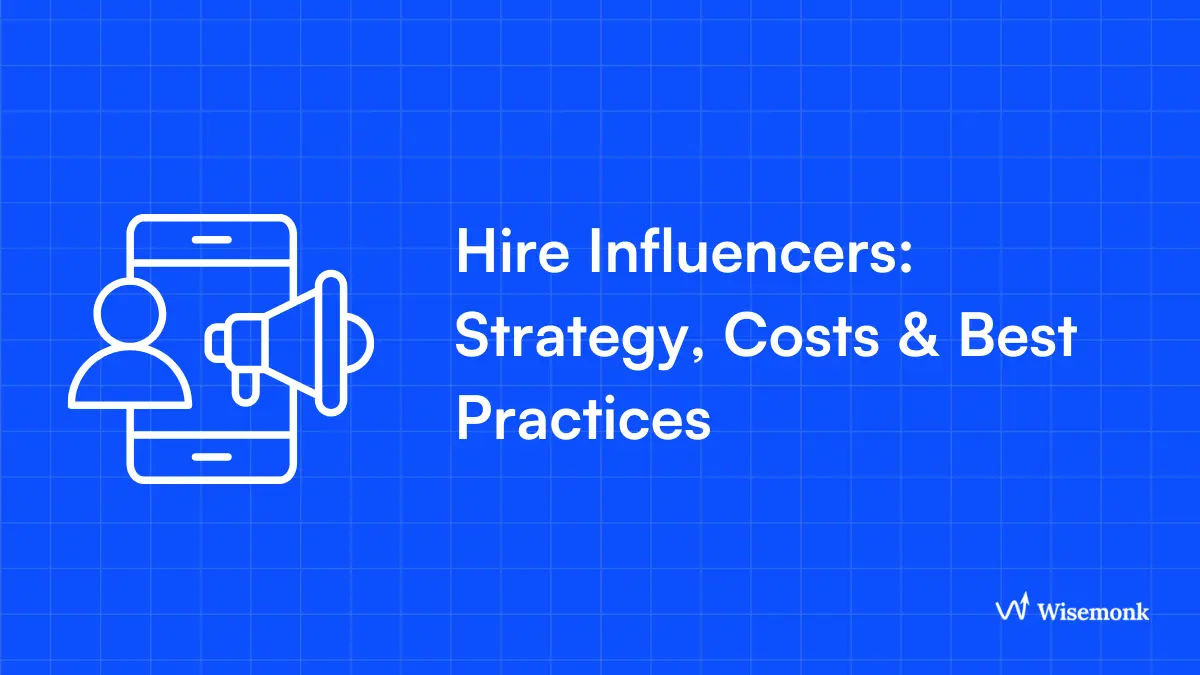
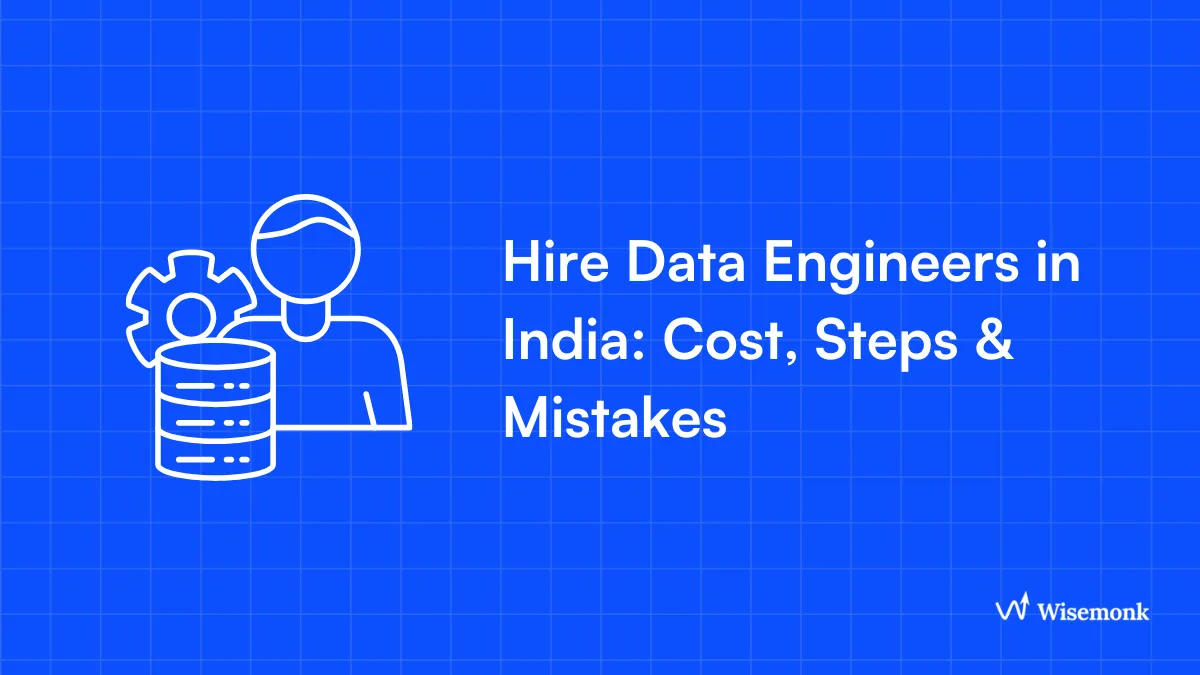
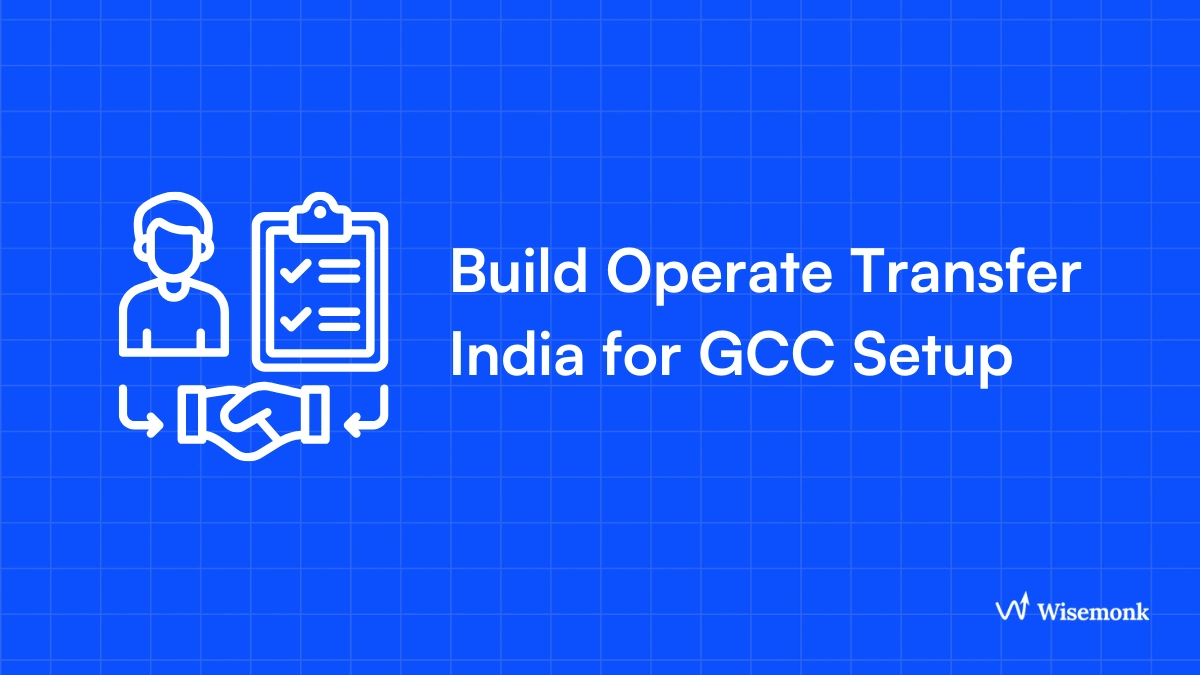

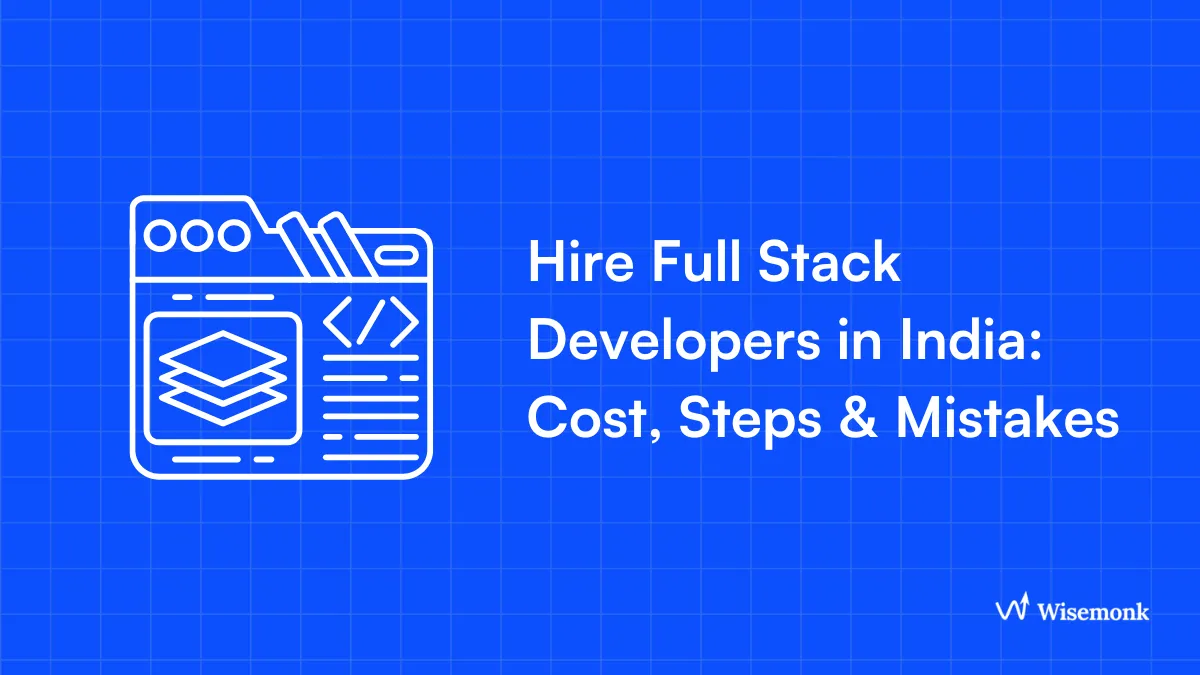
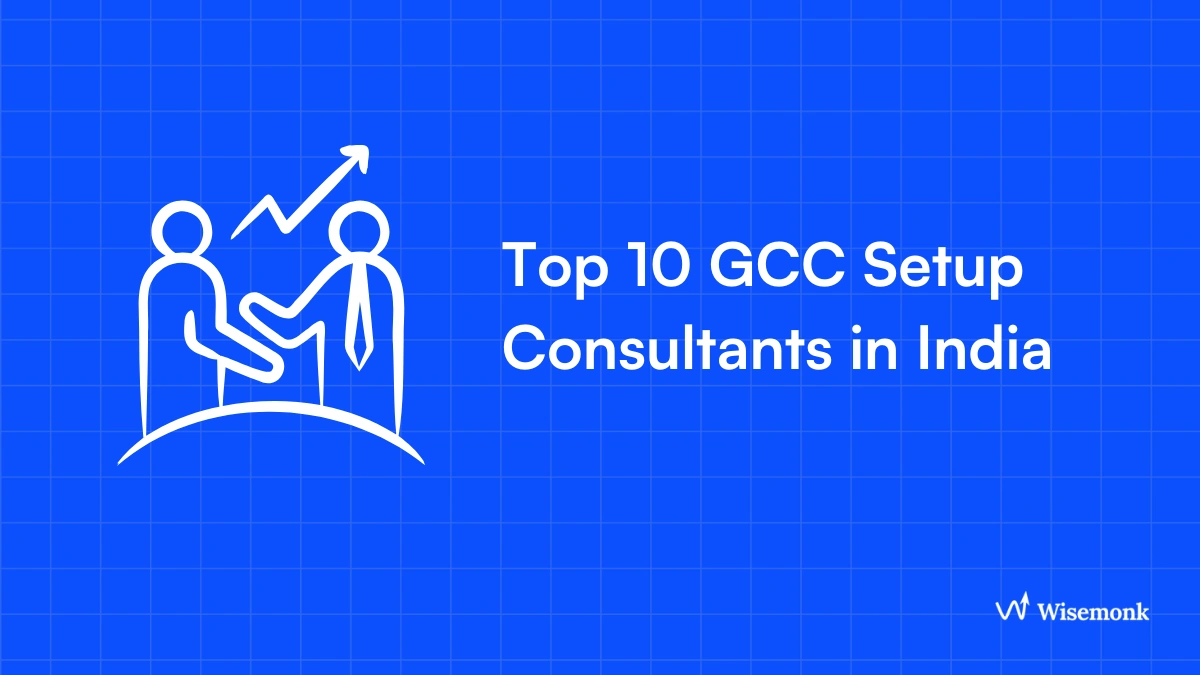
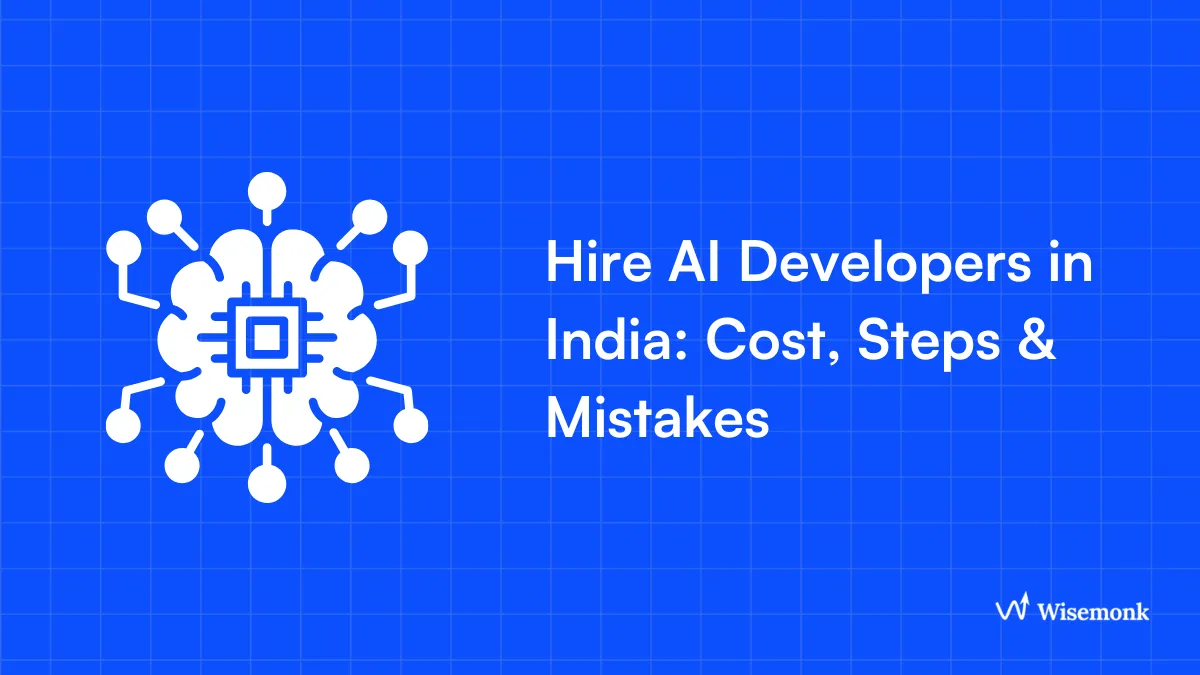
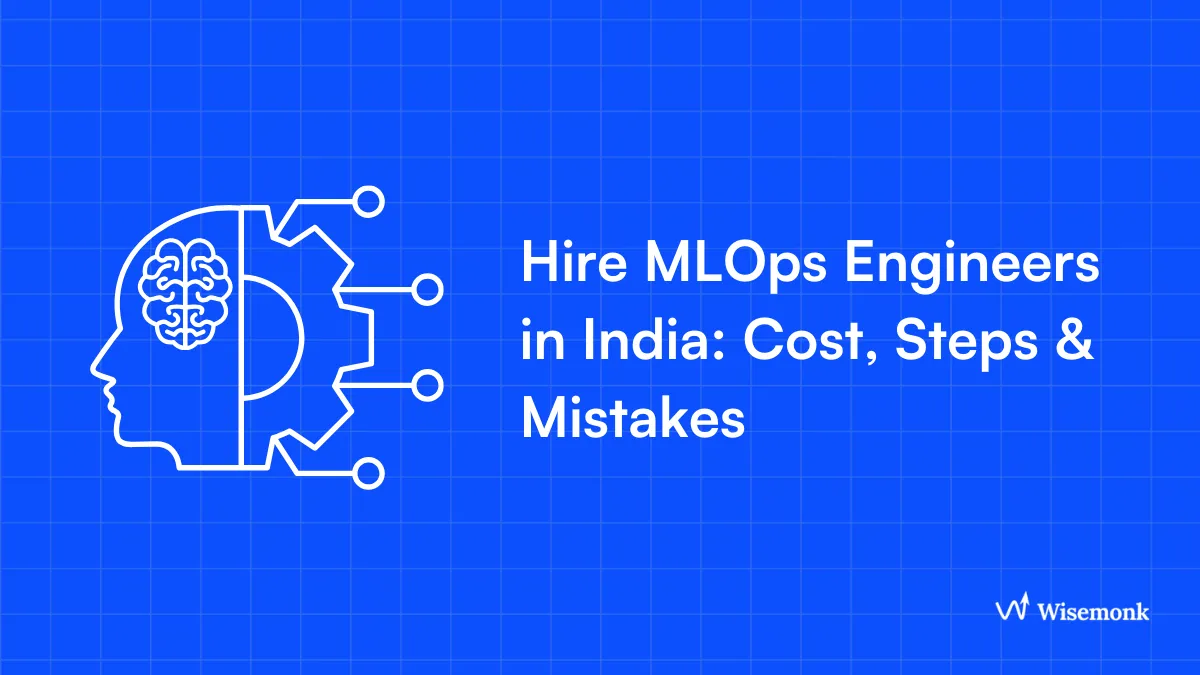
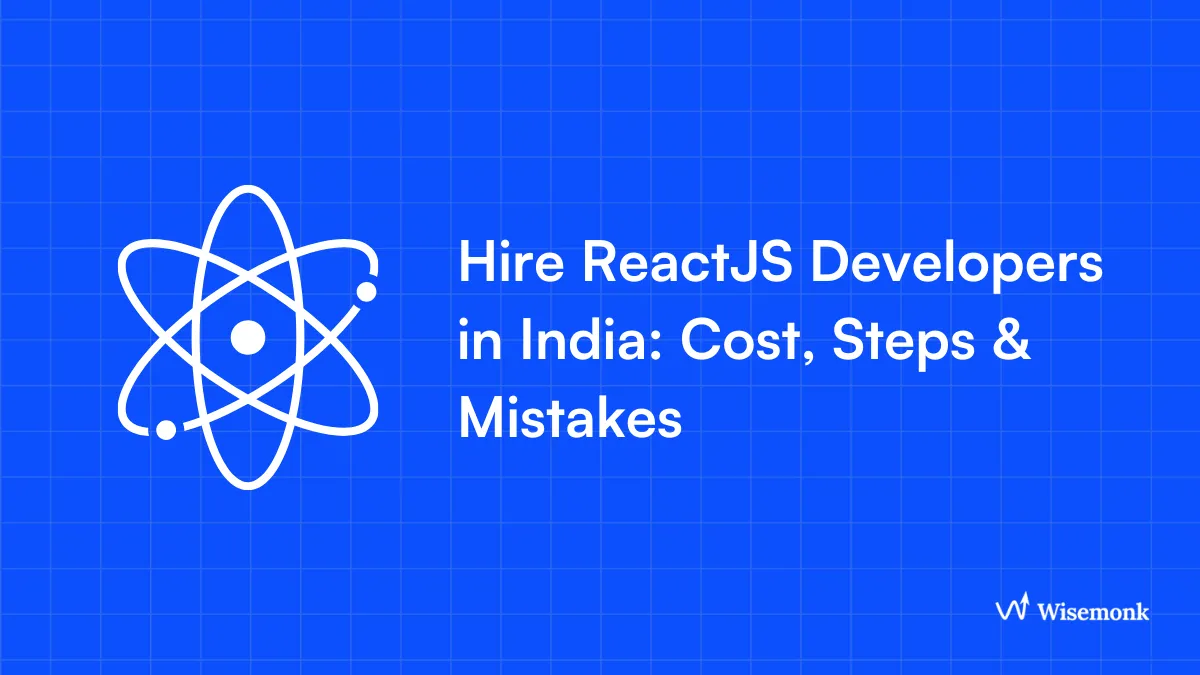
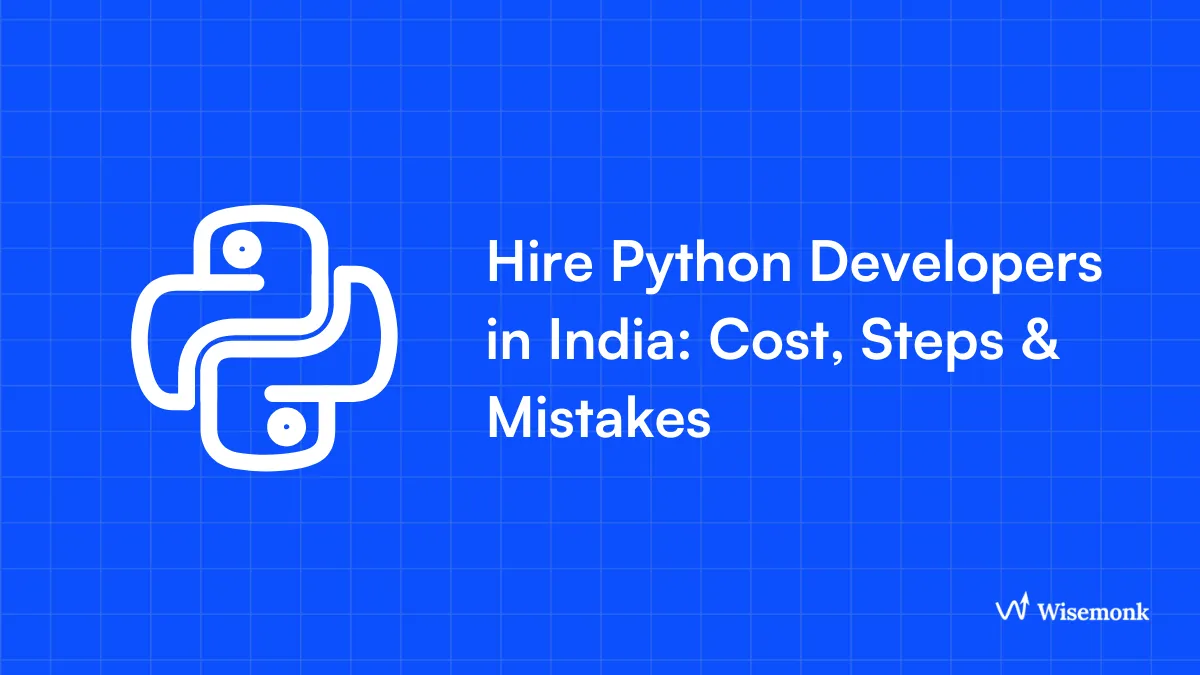


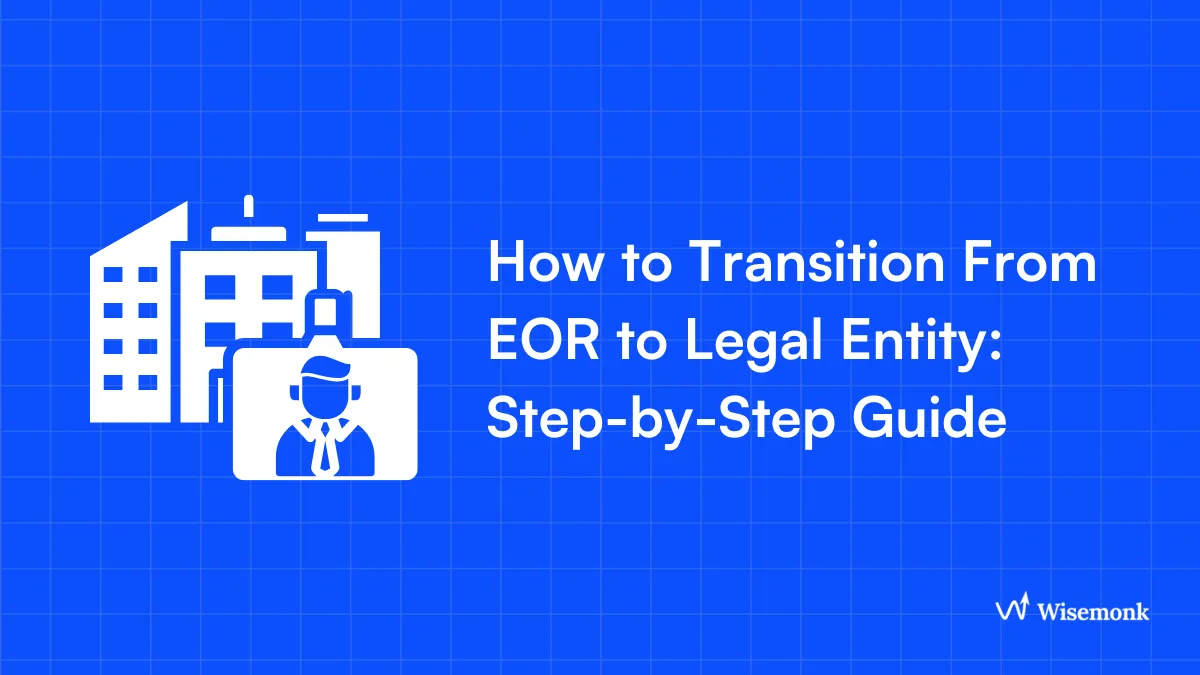

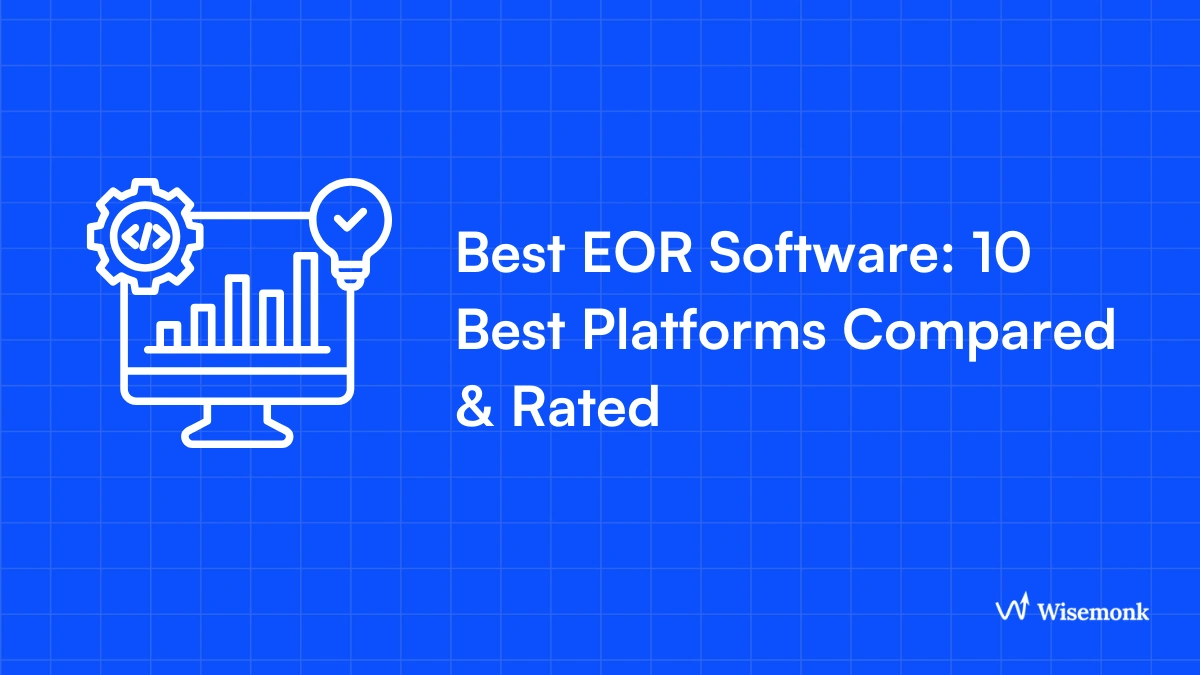
.webp)
.webp)
.webp)

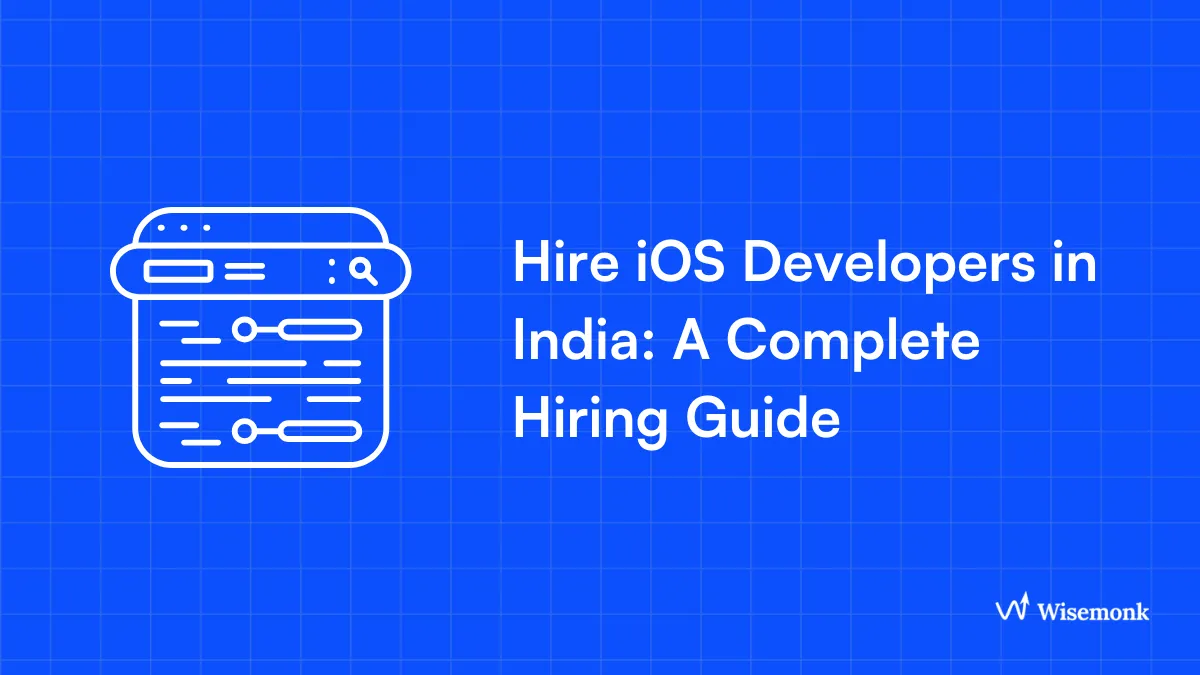


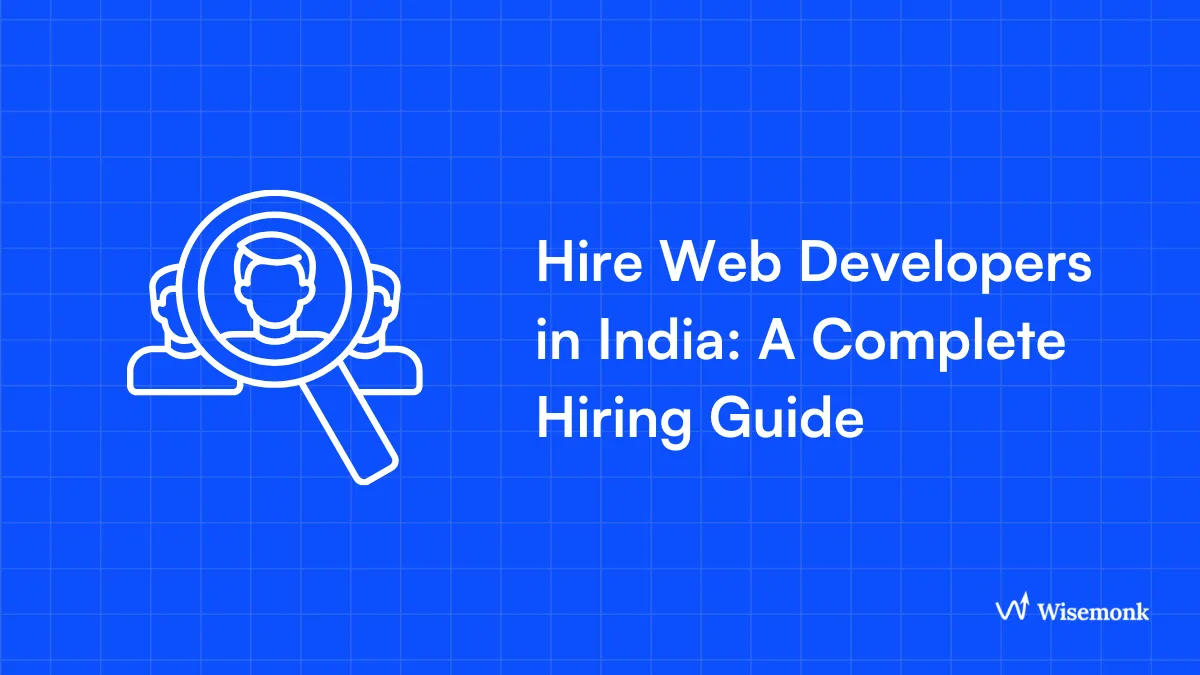
.webp)

.webp)
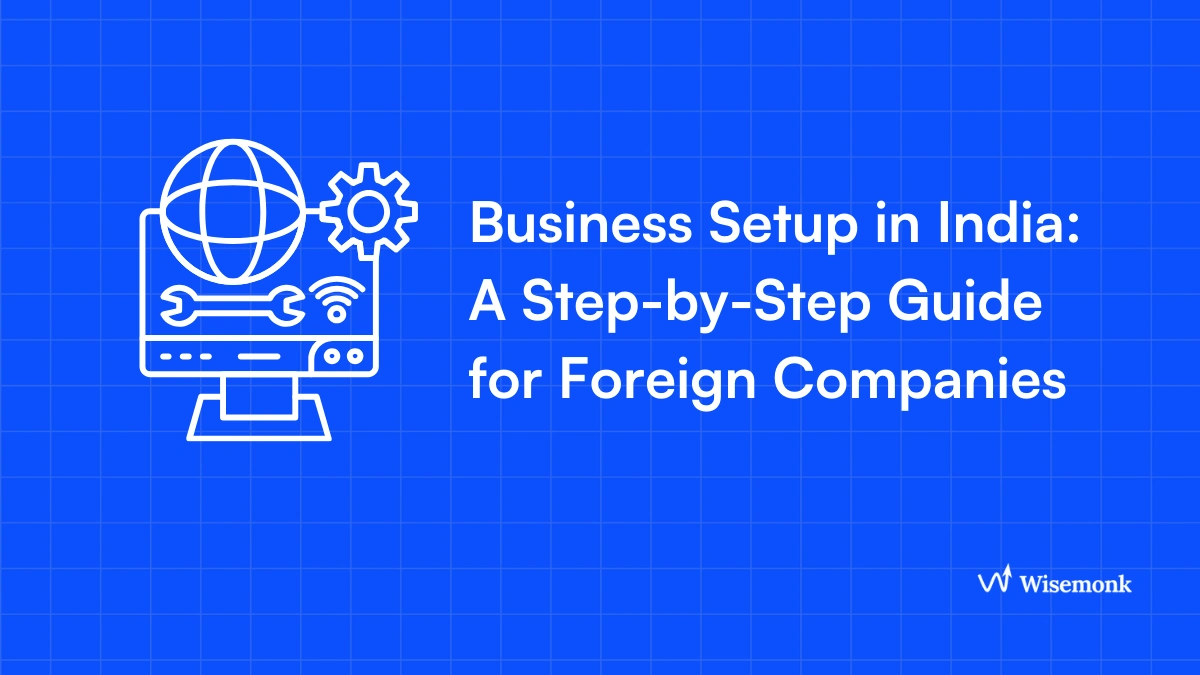

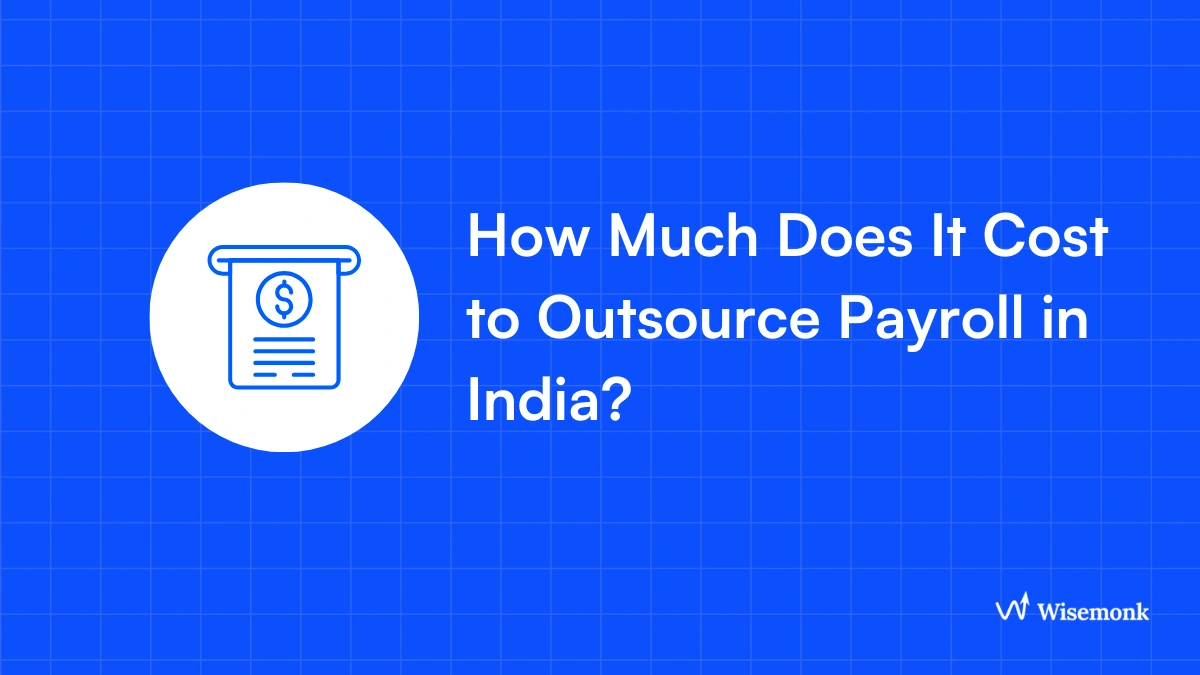


.webp)
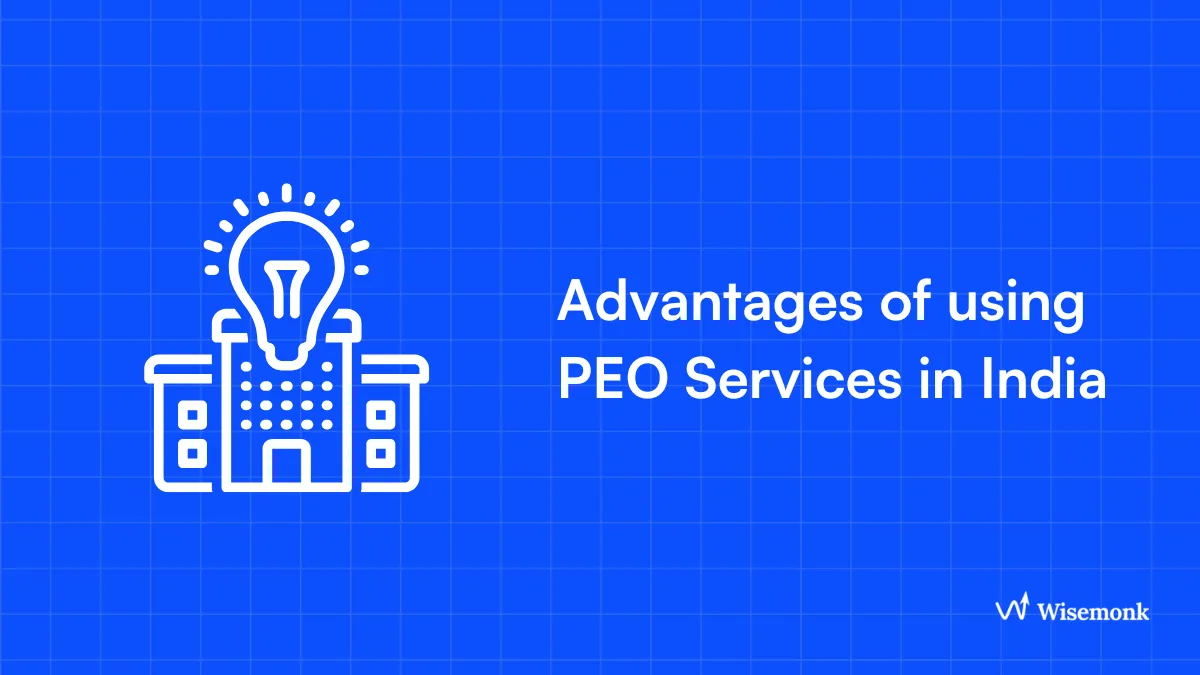




.webp)
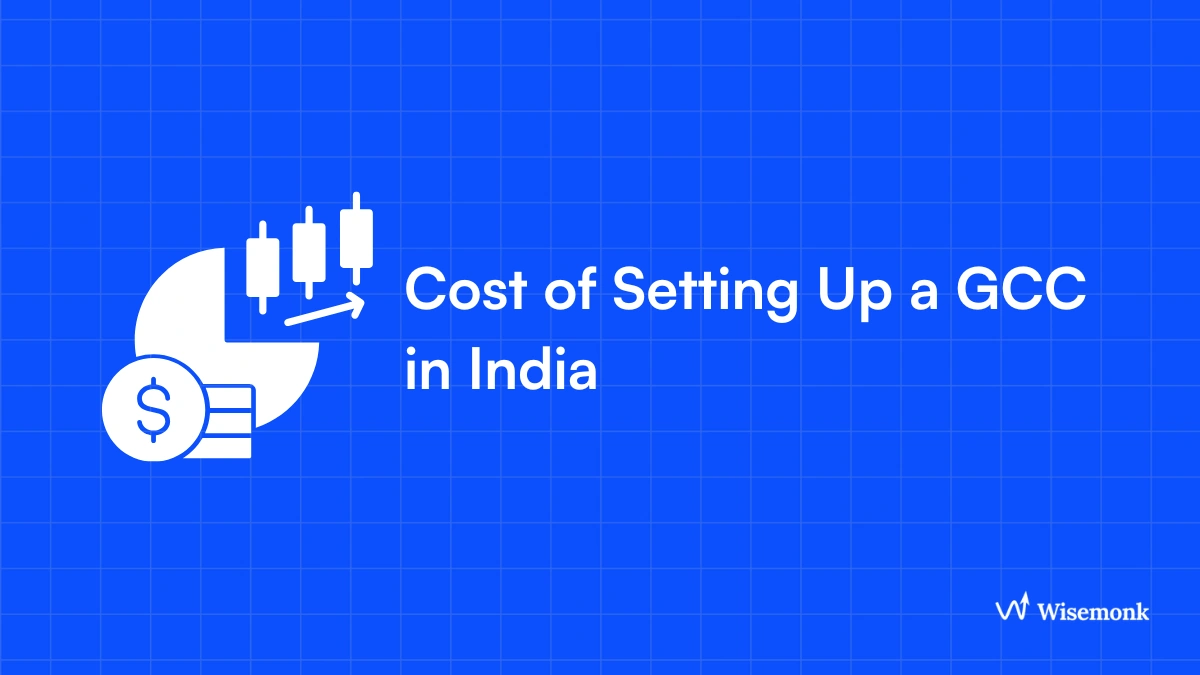
%20in%20India.webp)
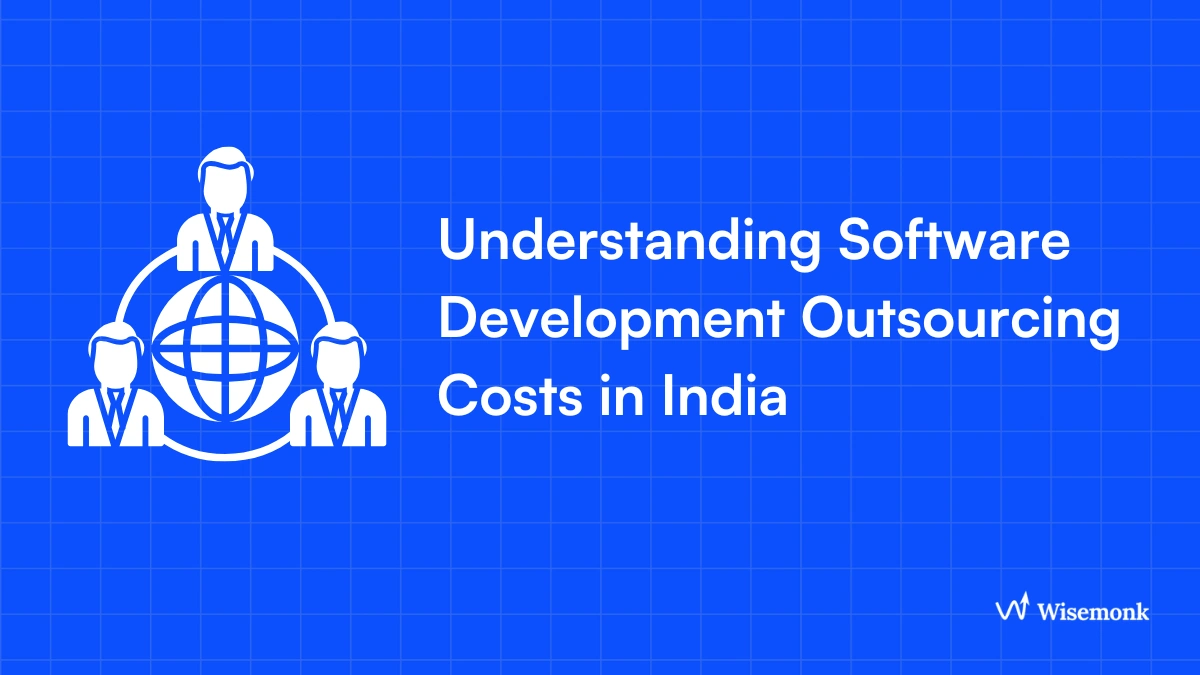

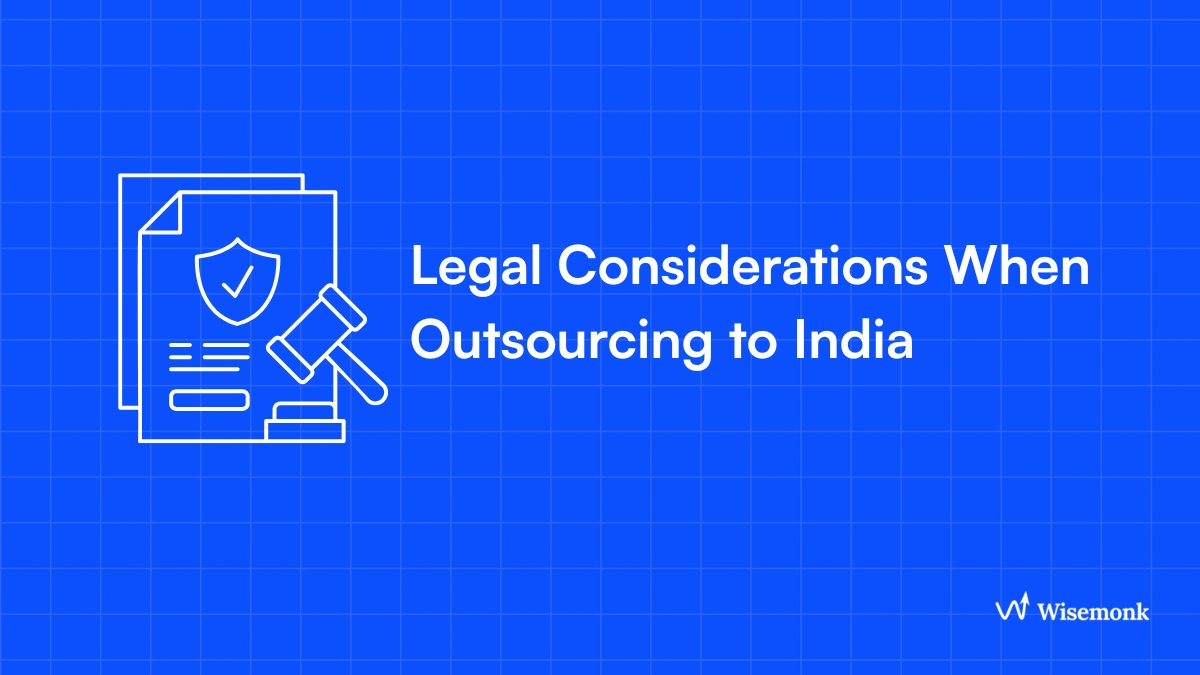
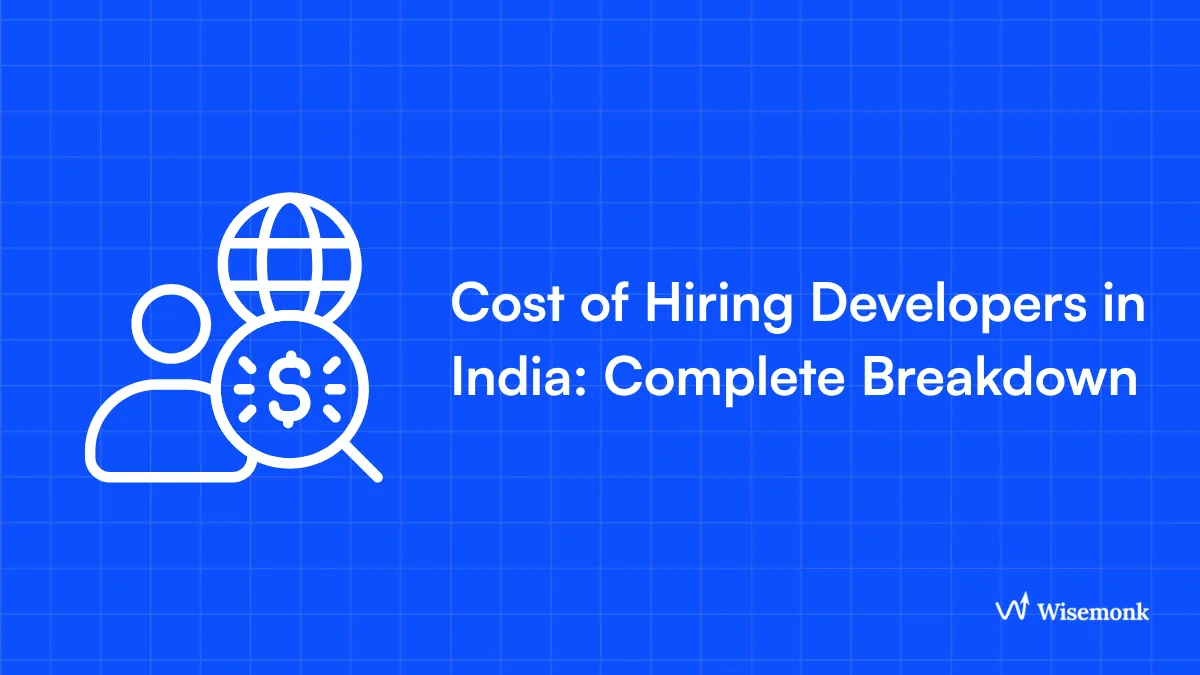

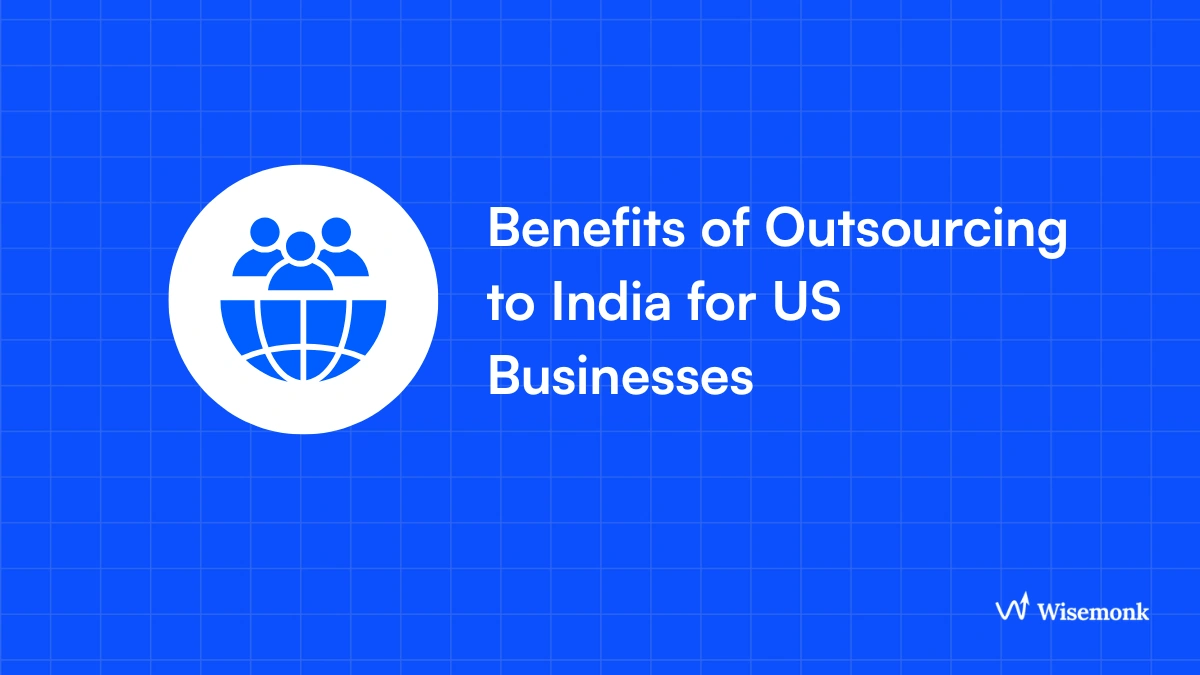

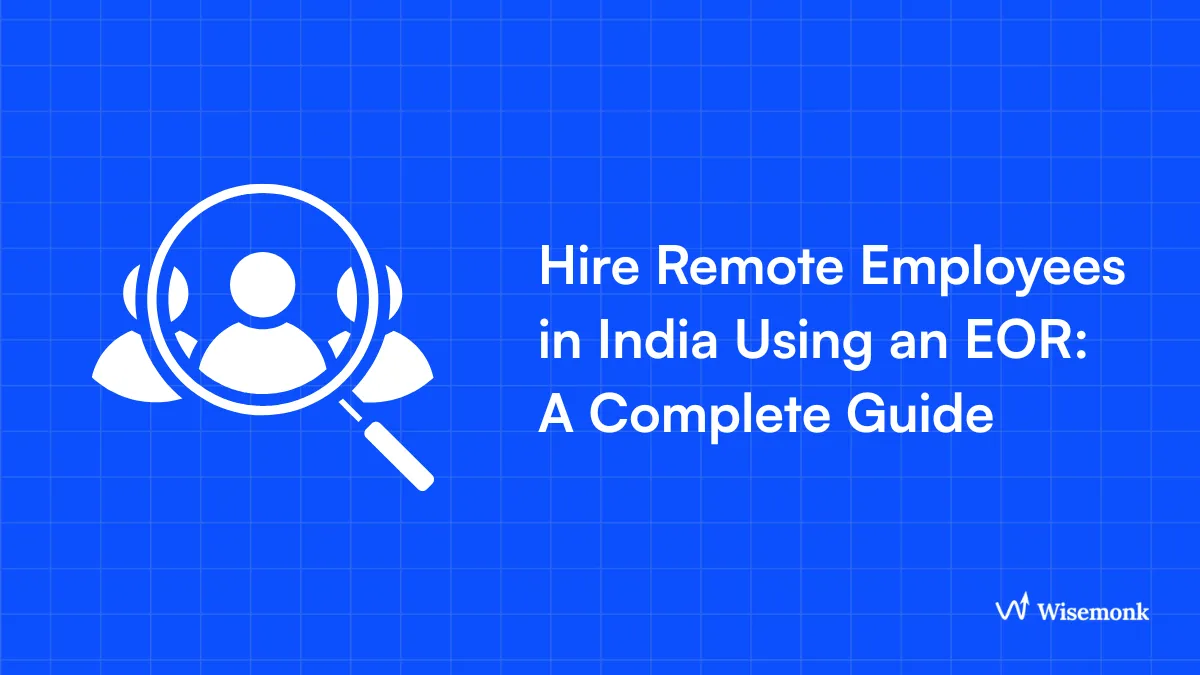


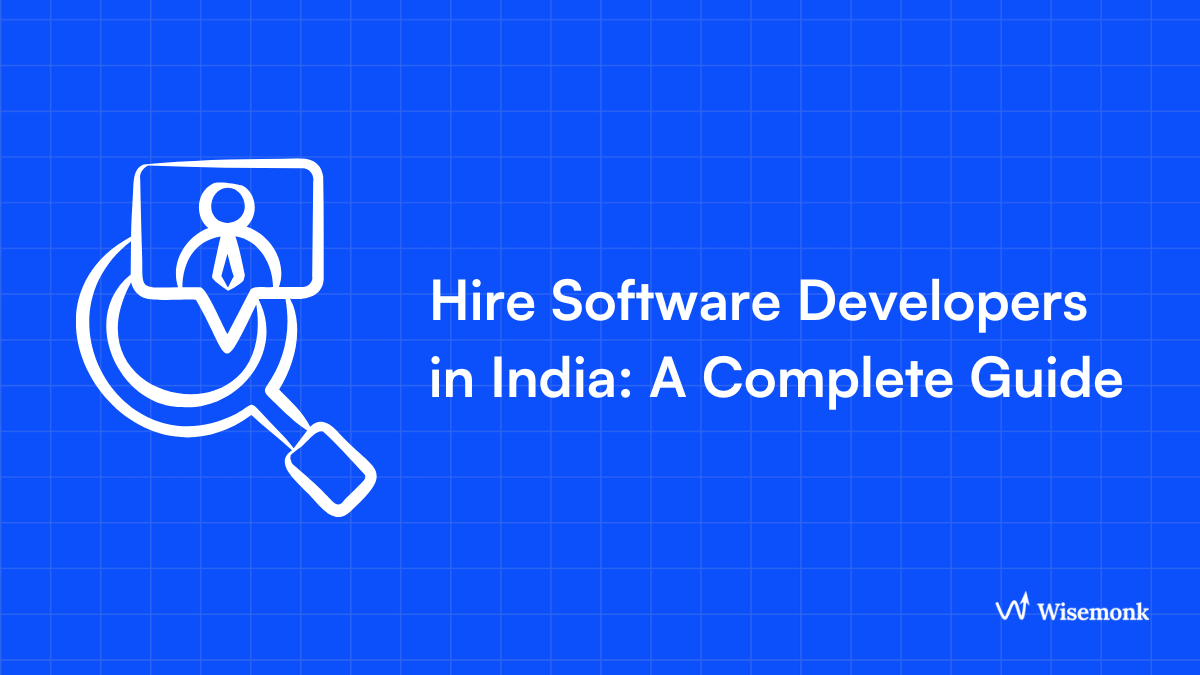
.webp)
.webp)
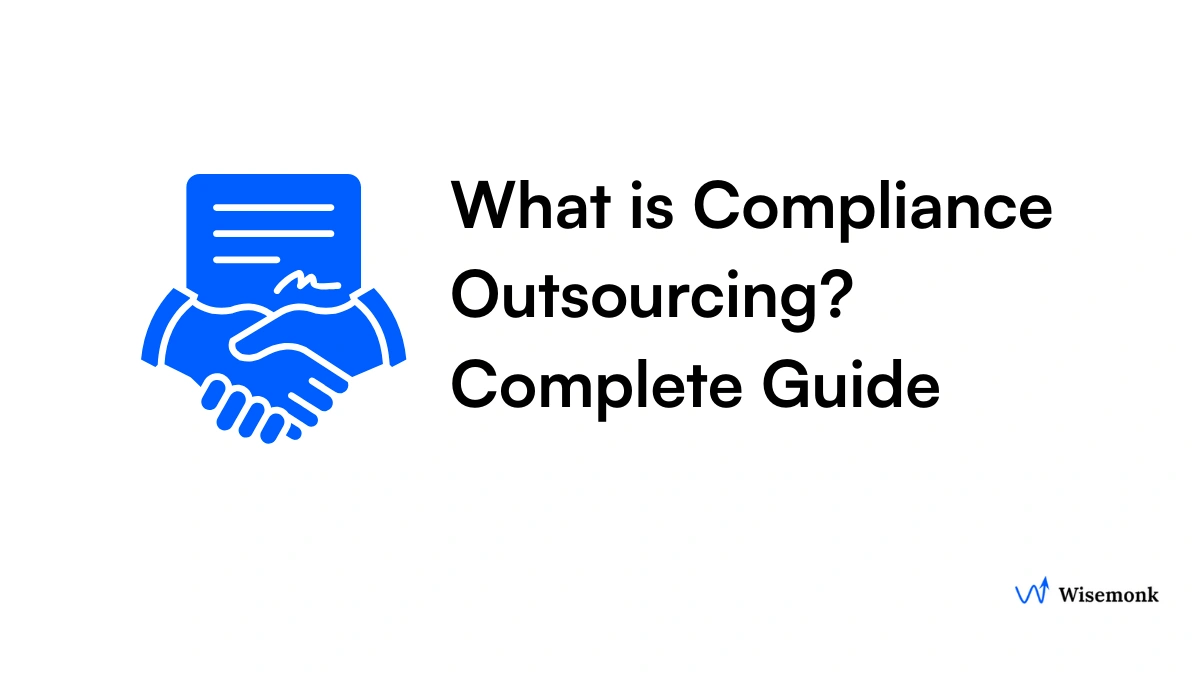

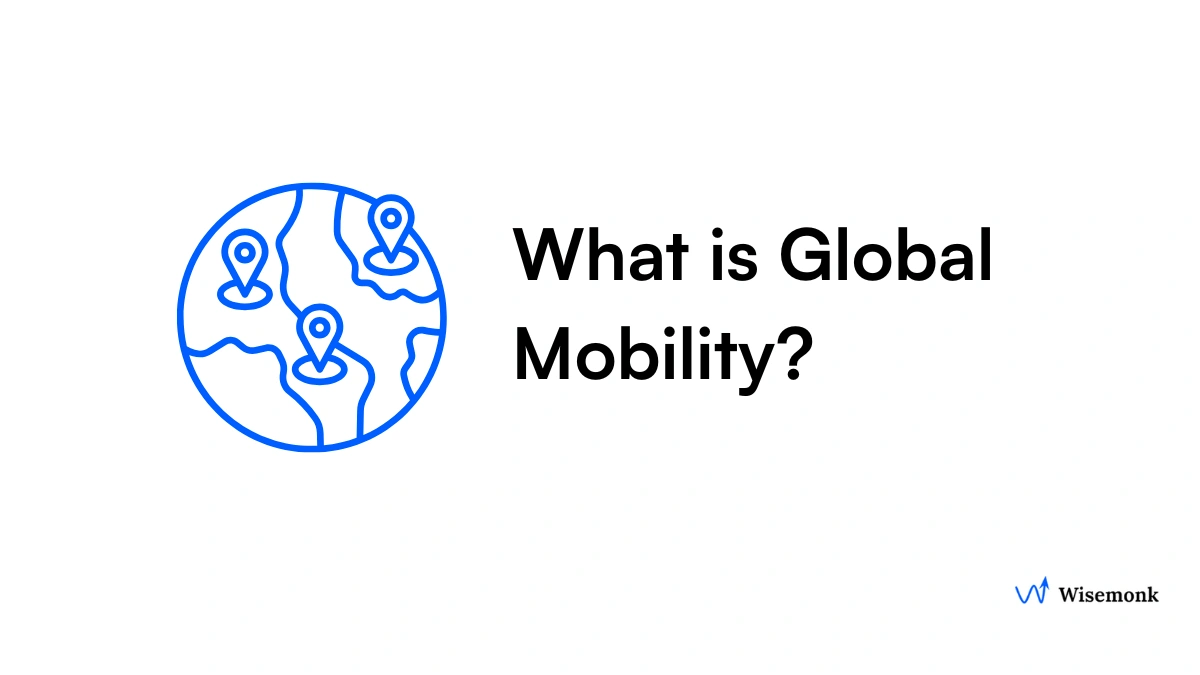
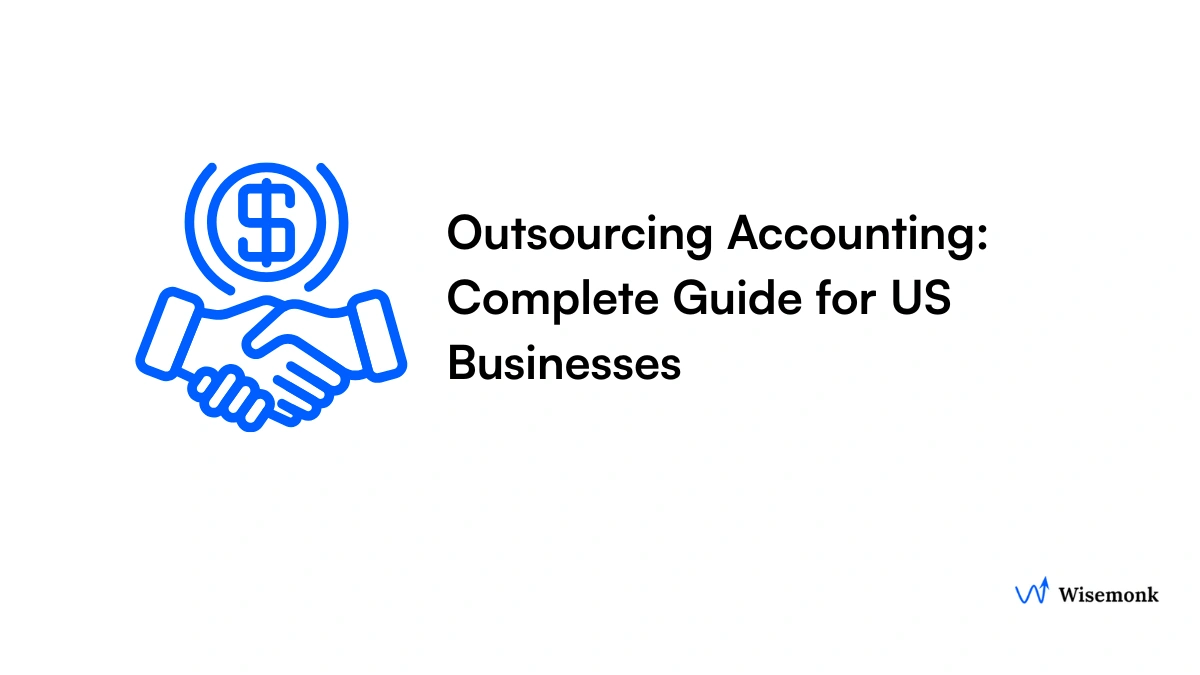
%20(3).webp)
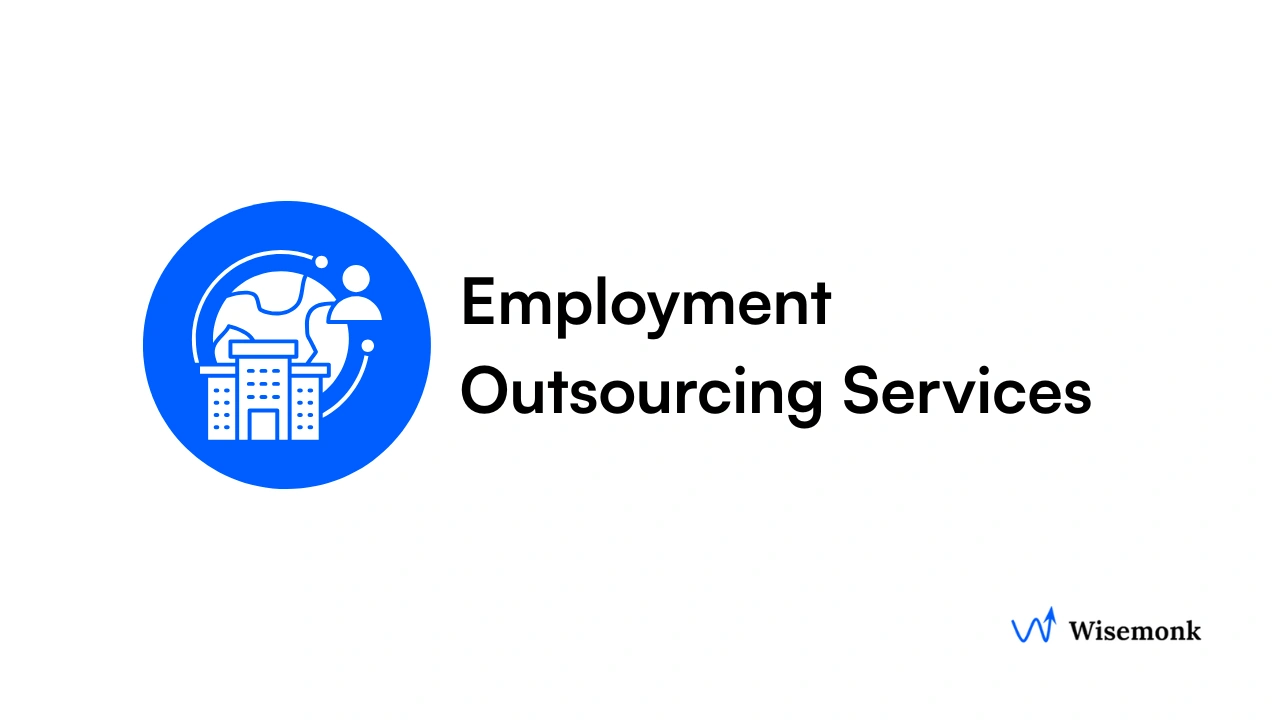
.webp)


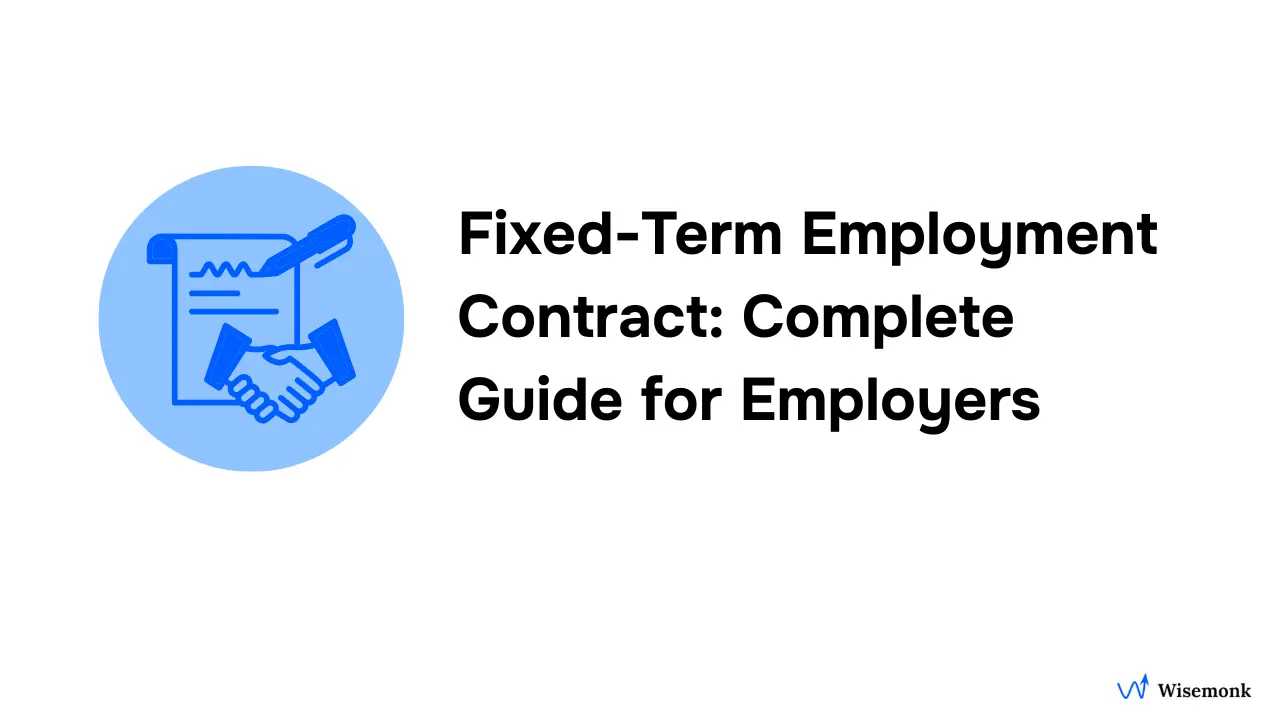
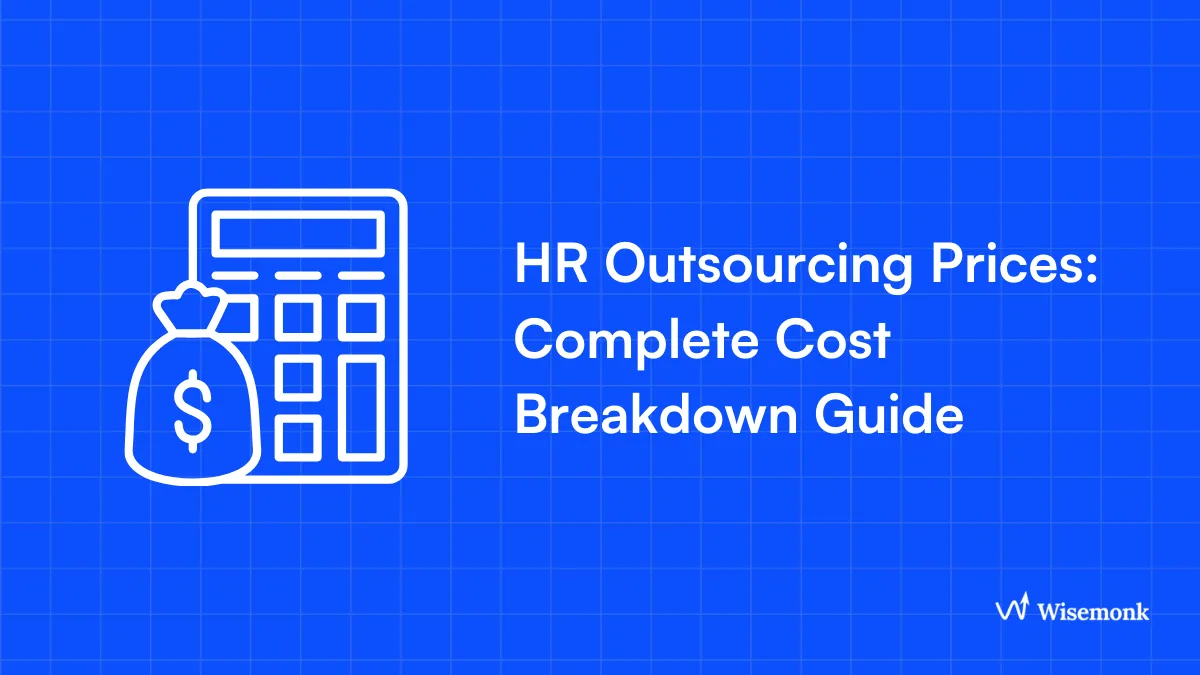
.webp)
.webp)
.webp)

.webp)

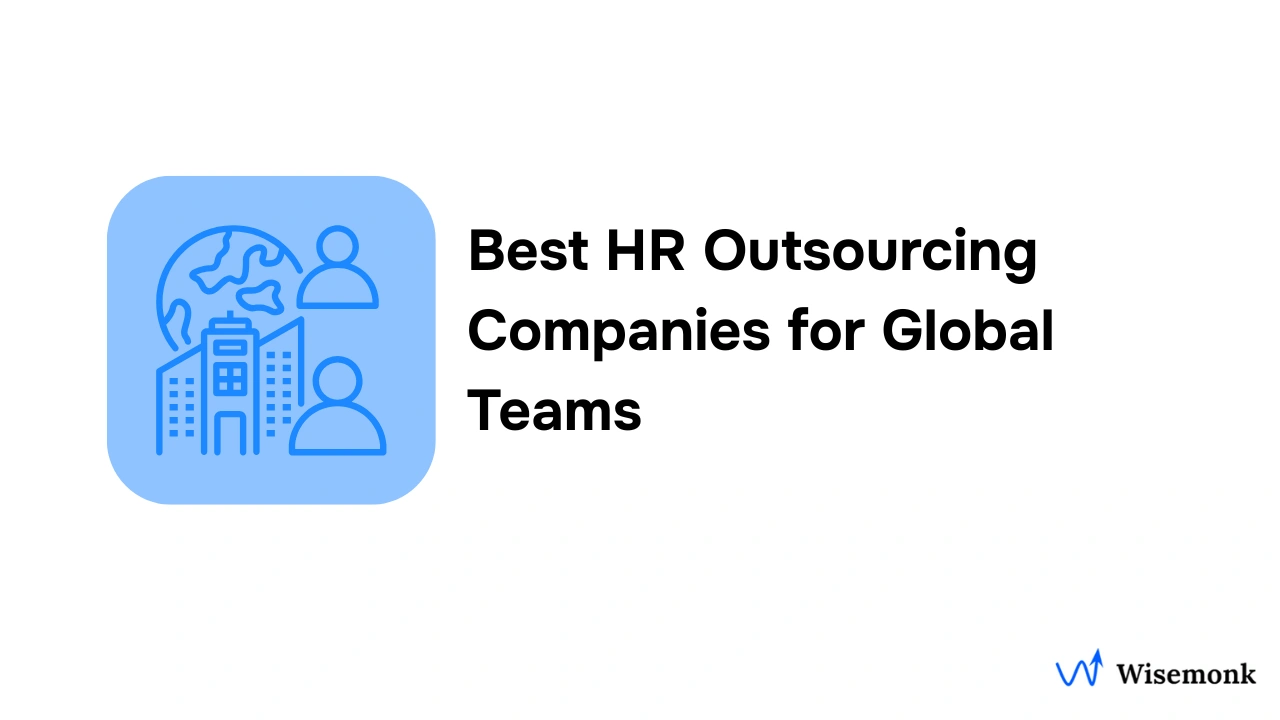
.webp)
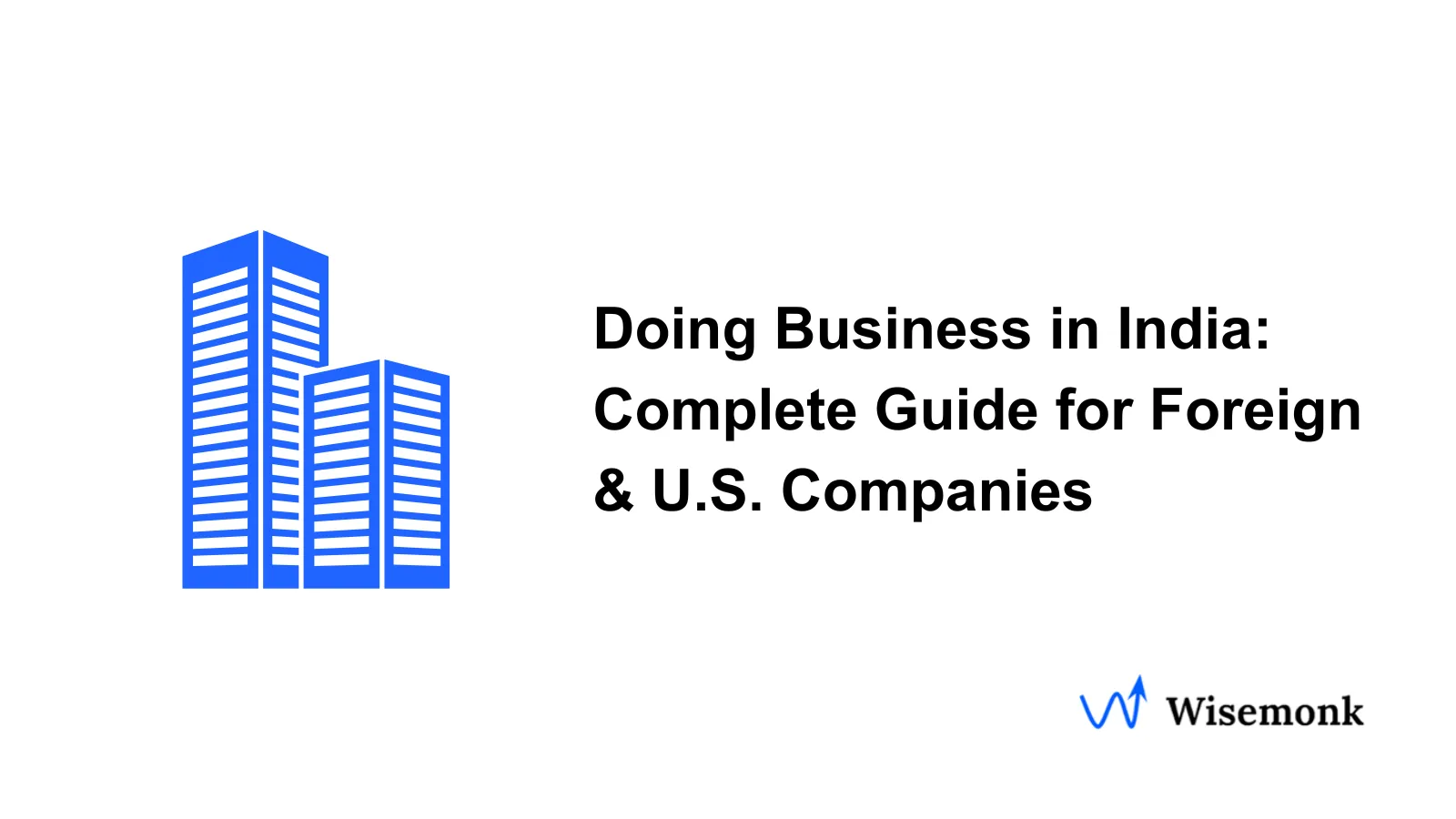

.webp)

.webp)
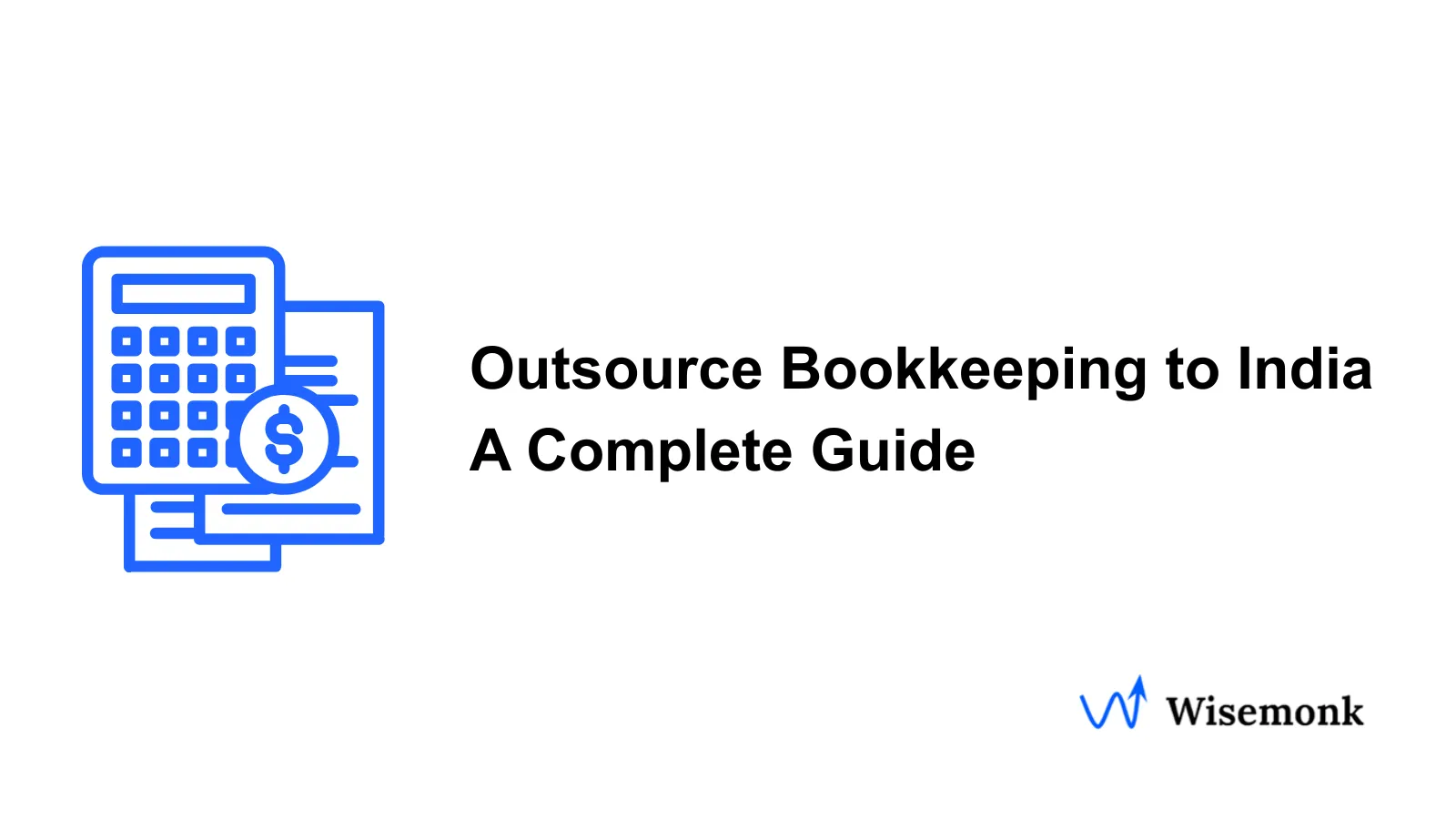
.webp)
.webp)
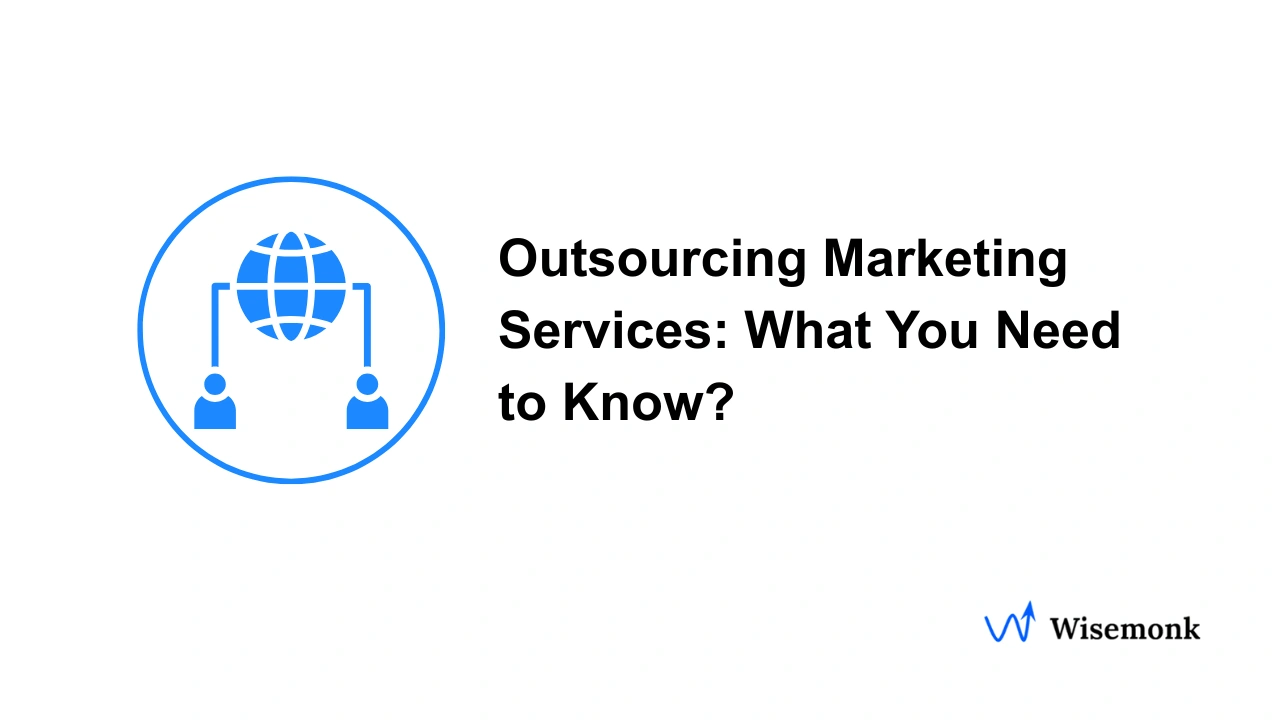
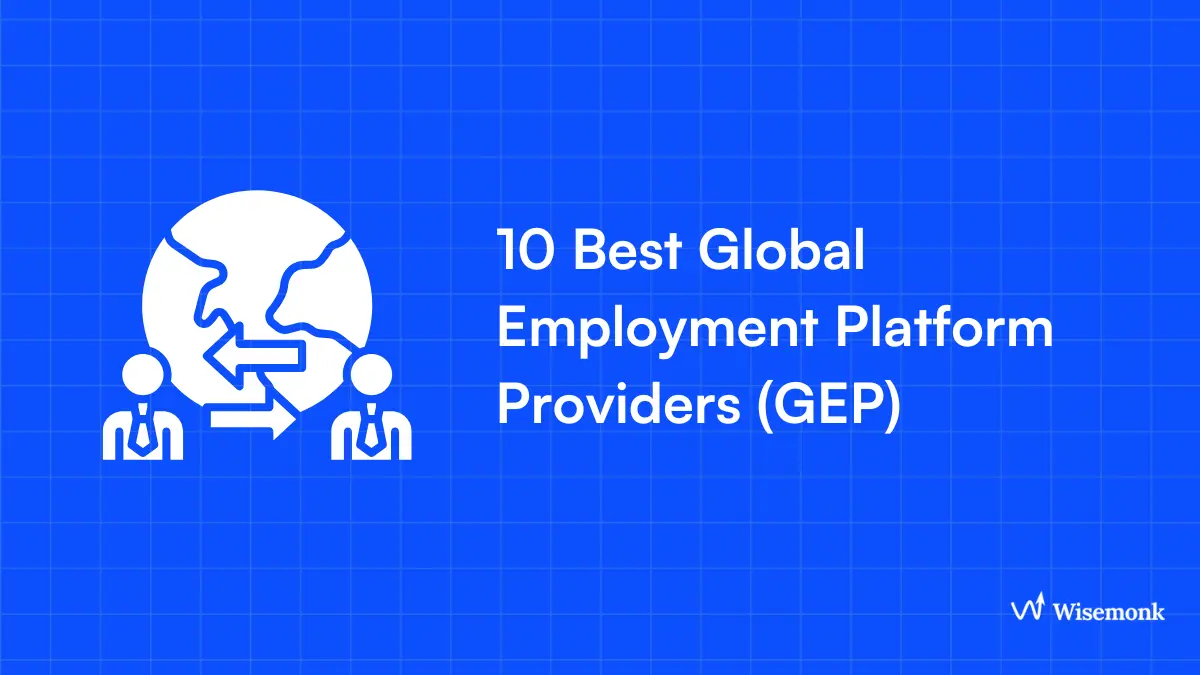
.webp)
